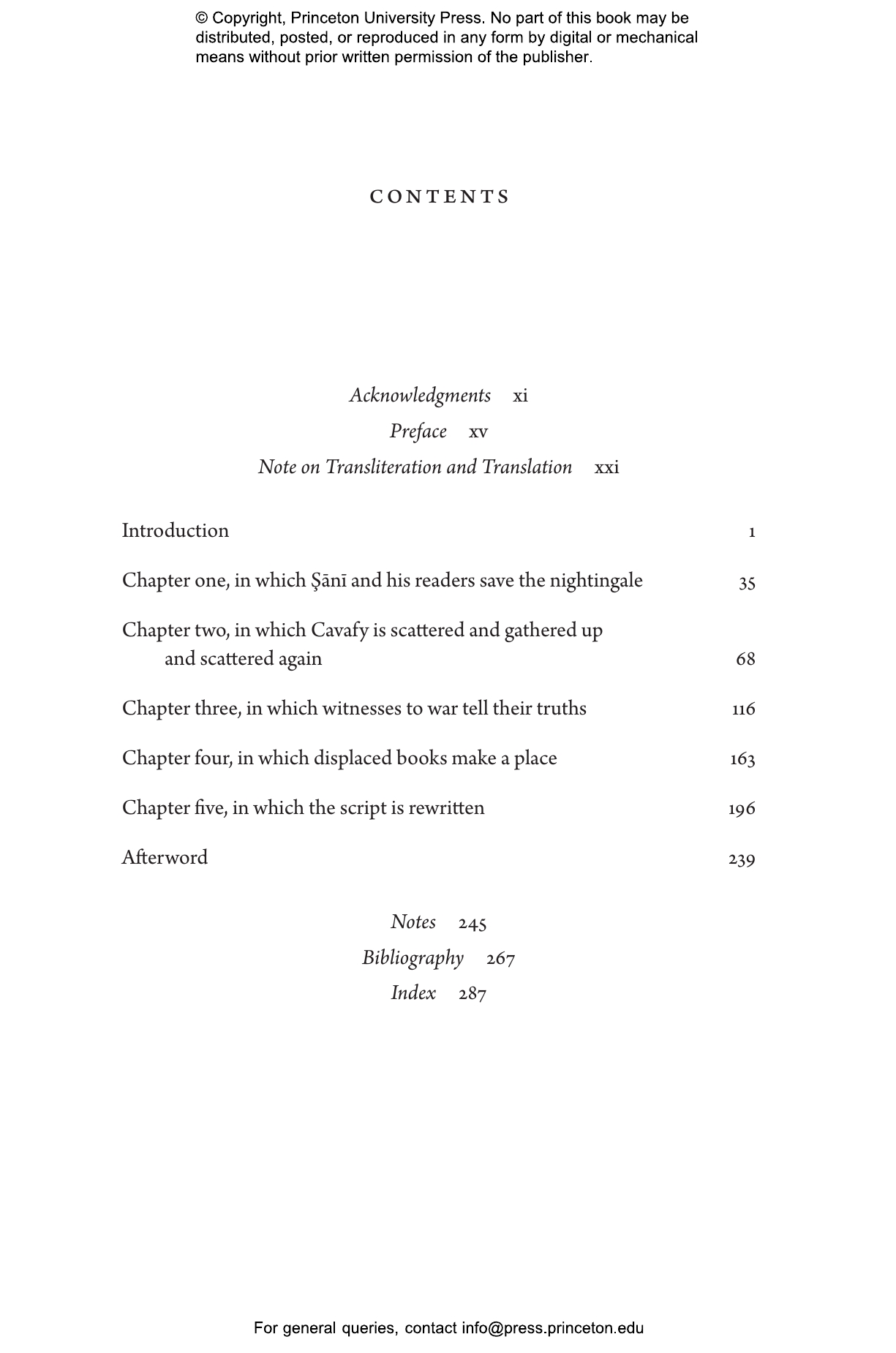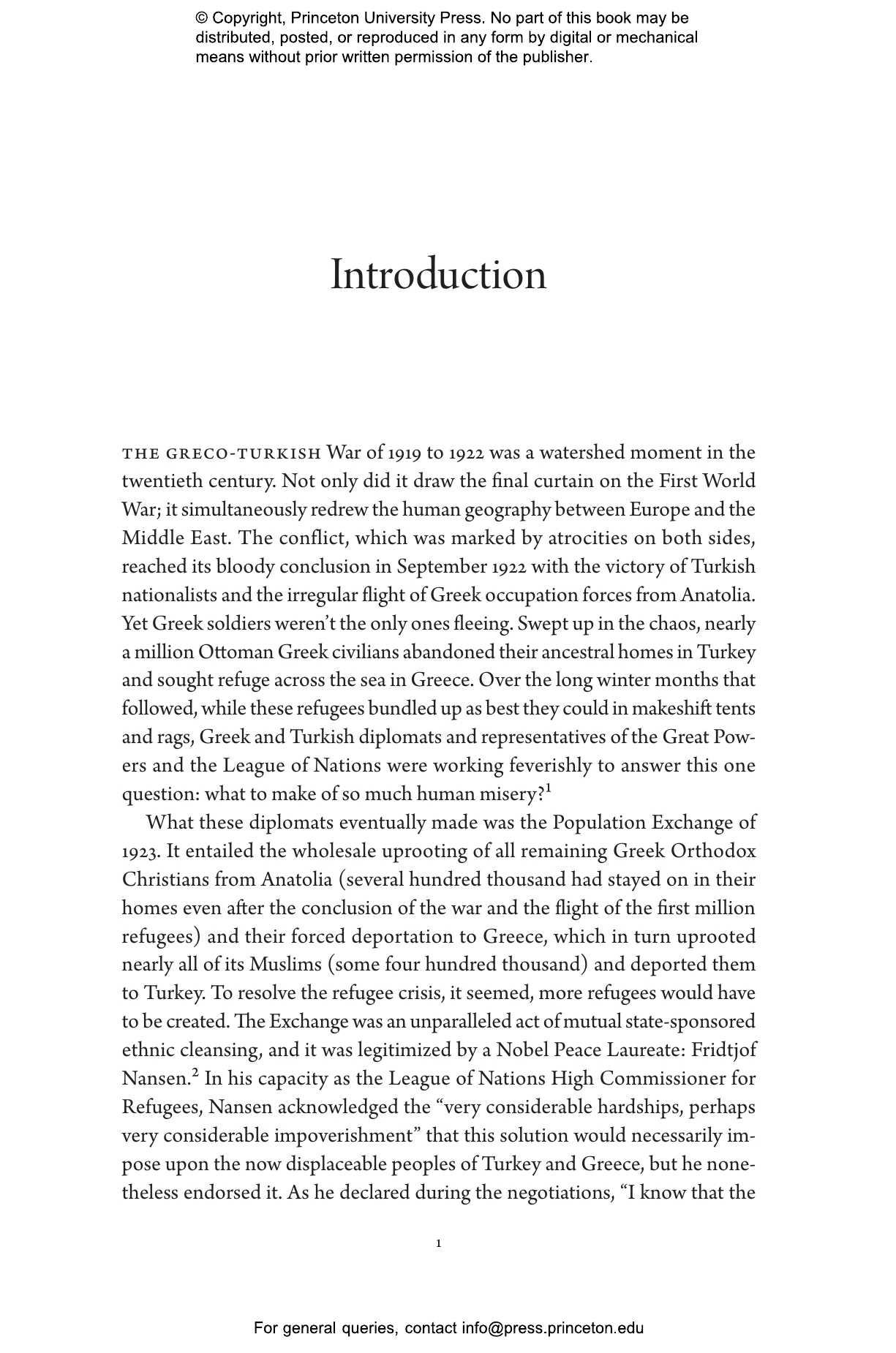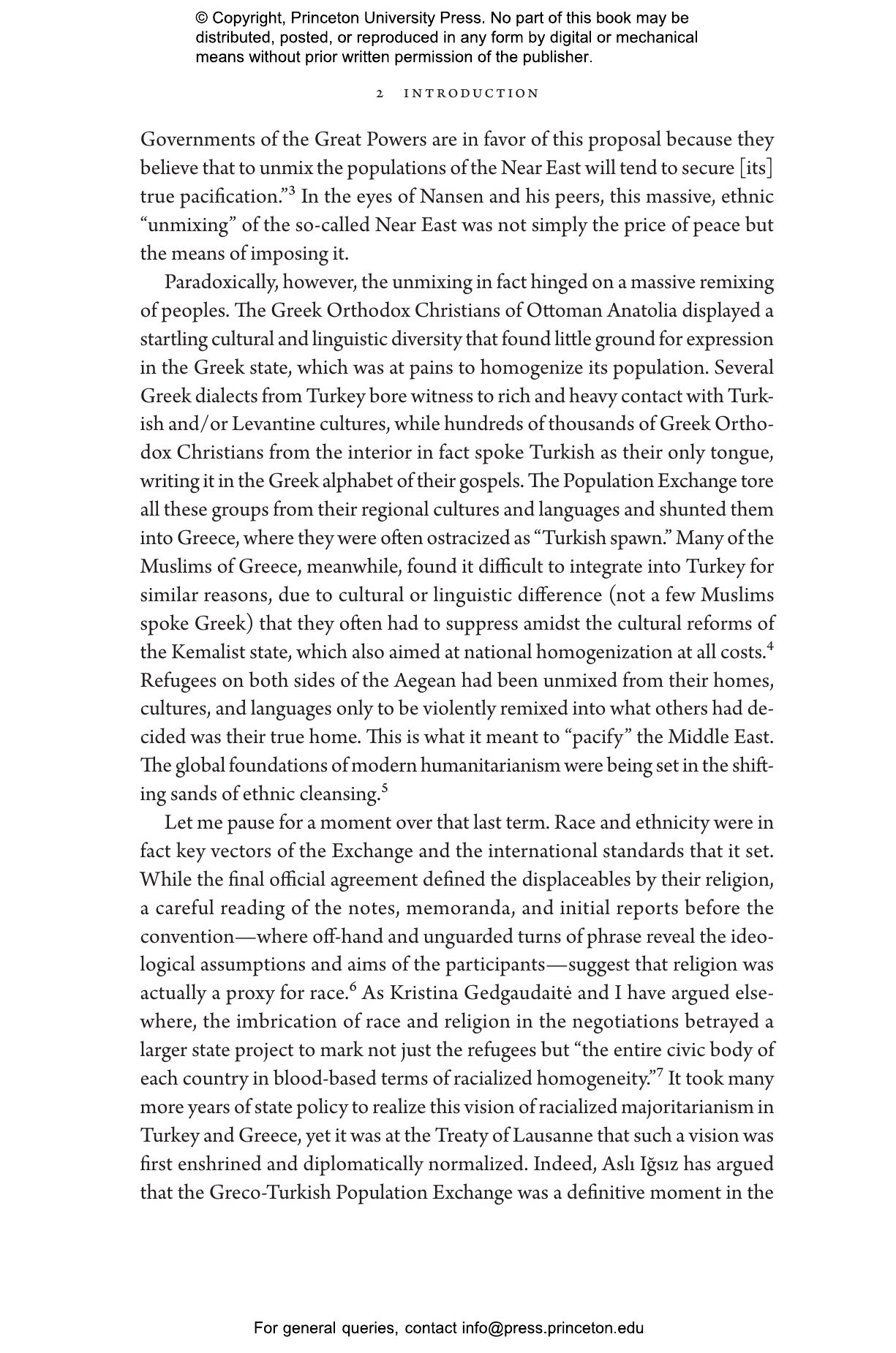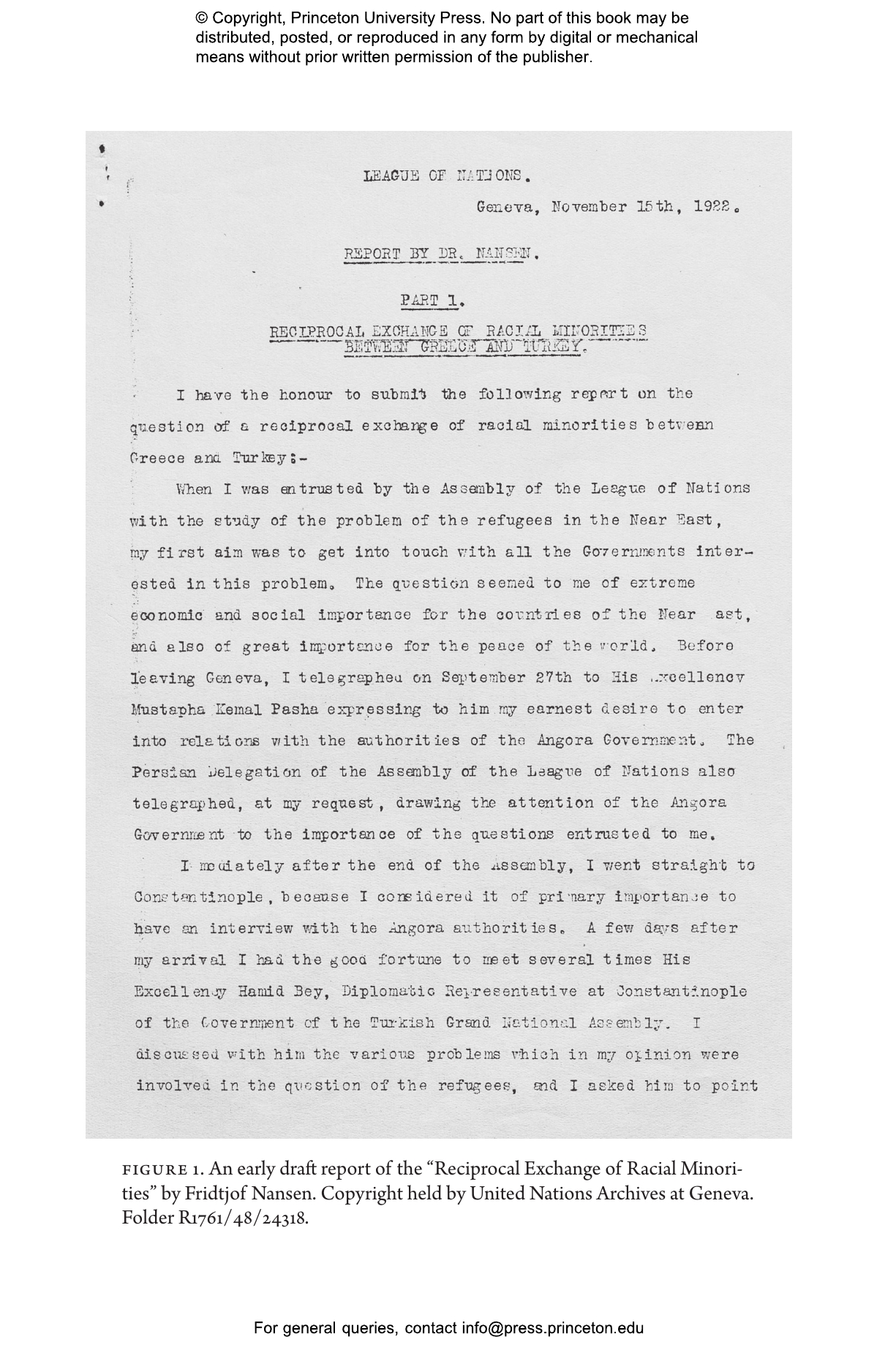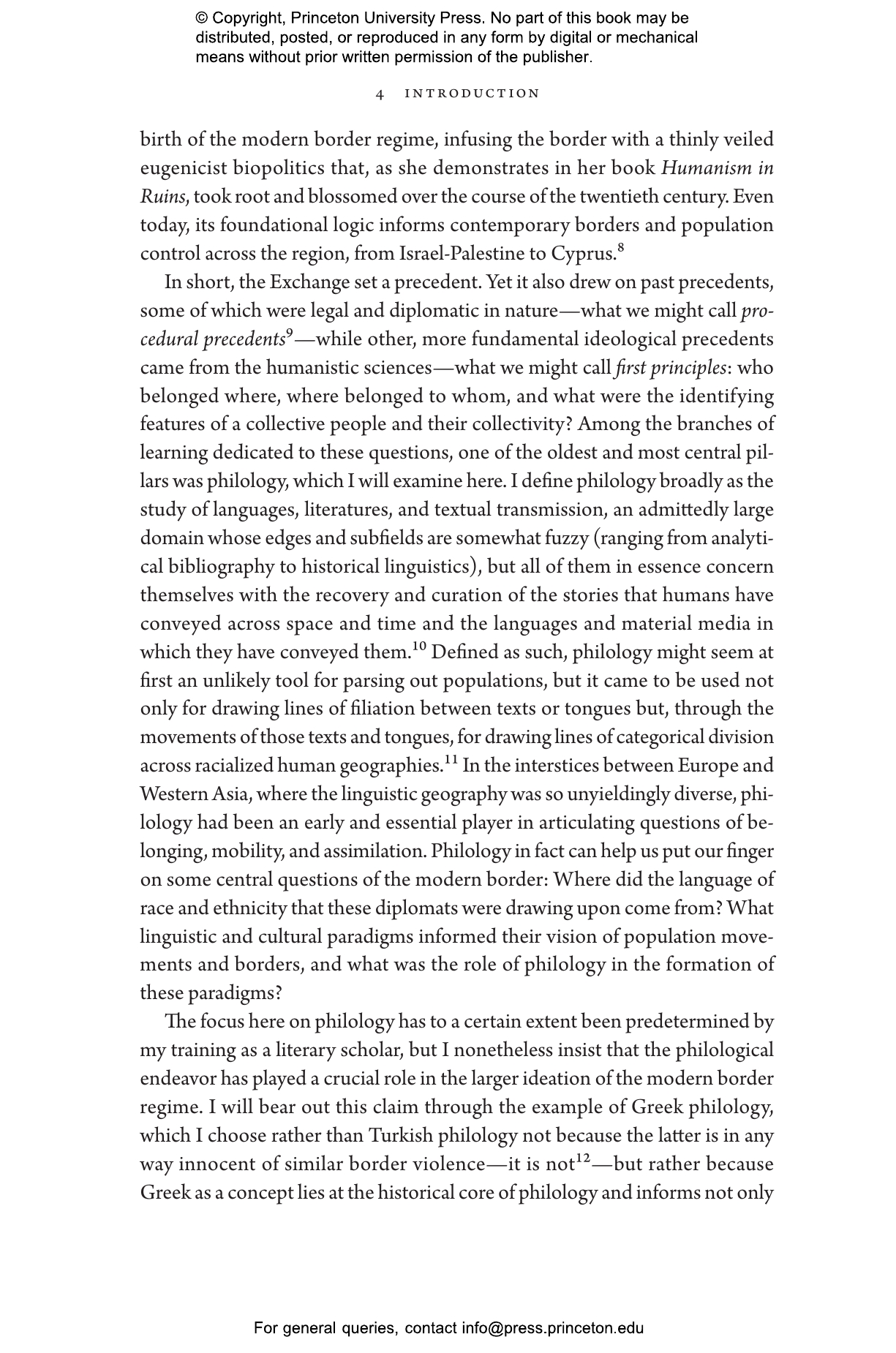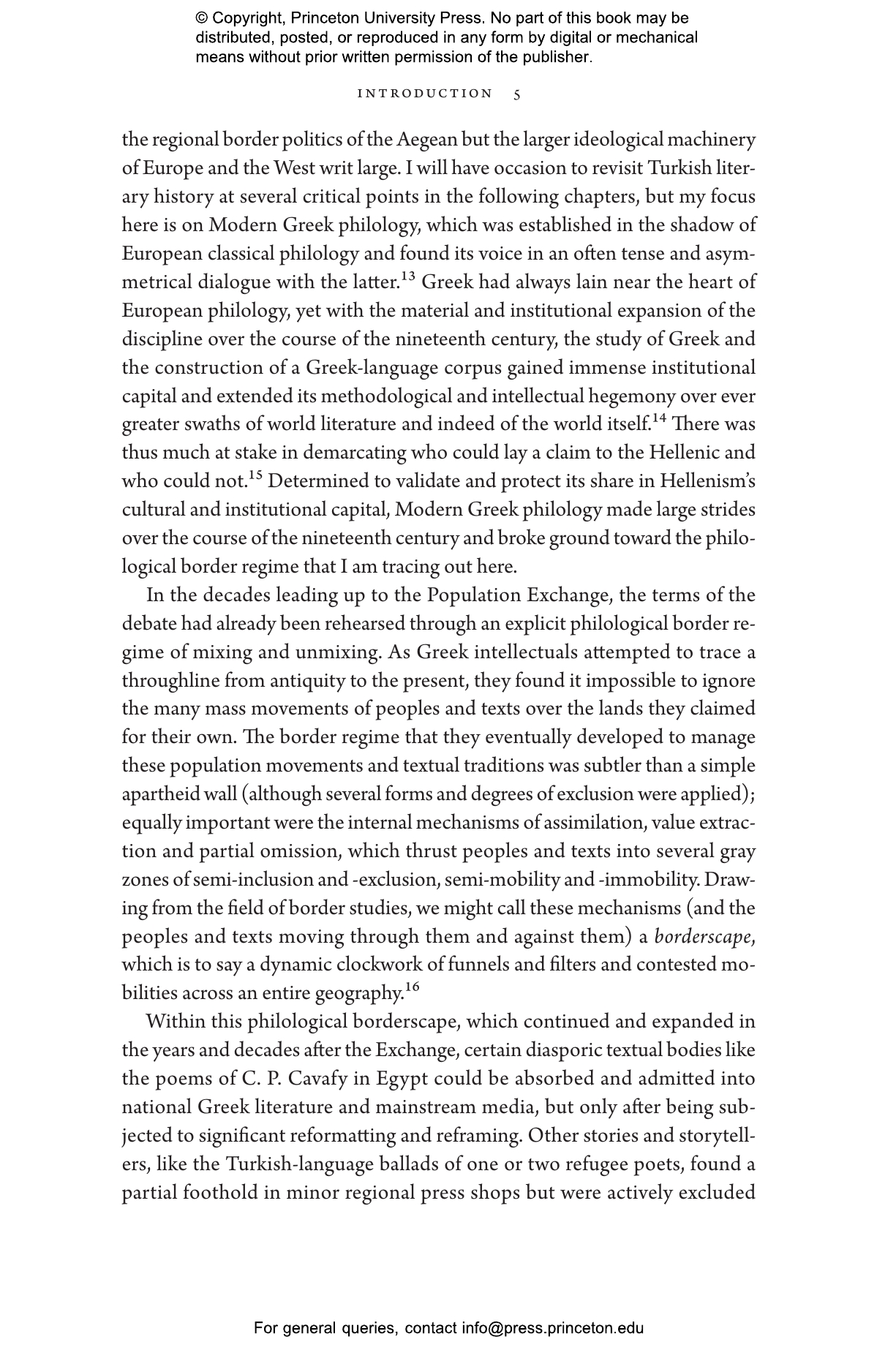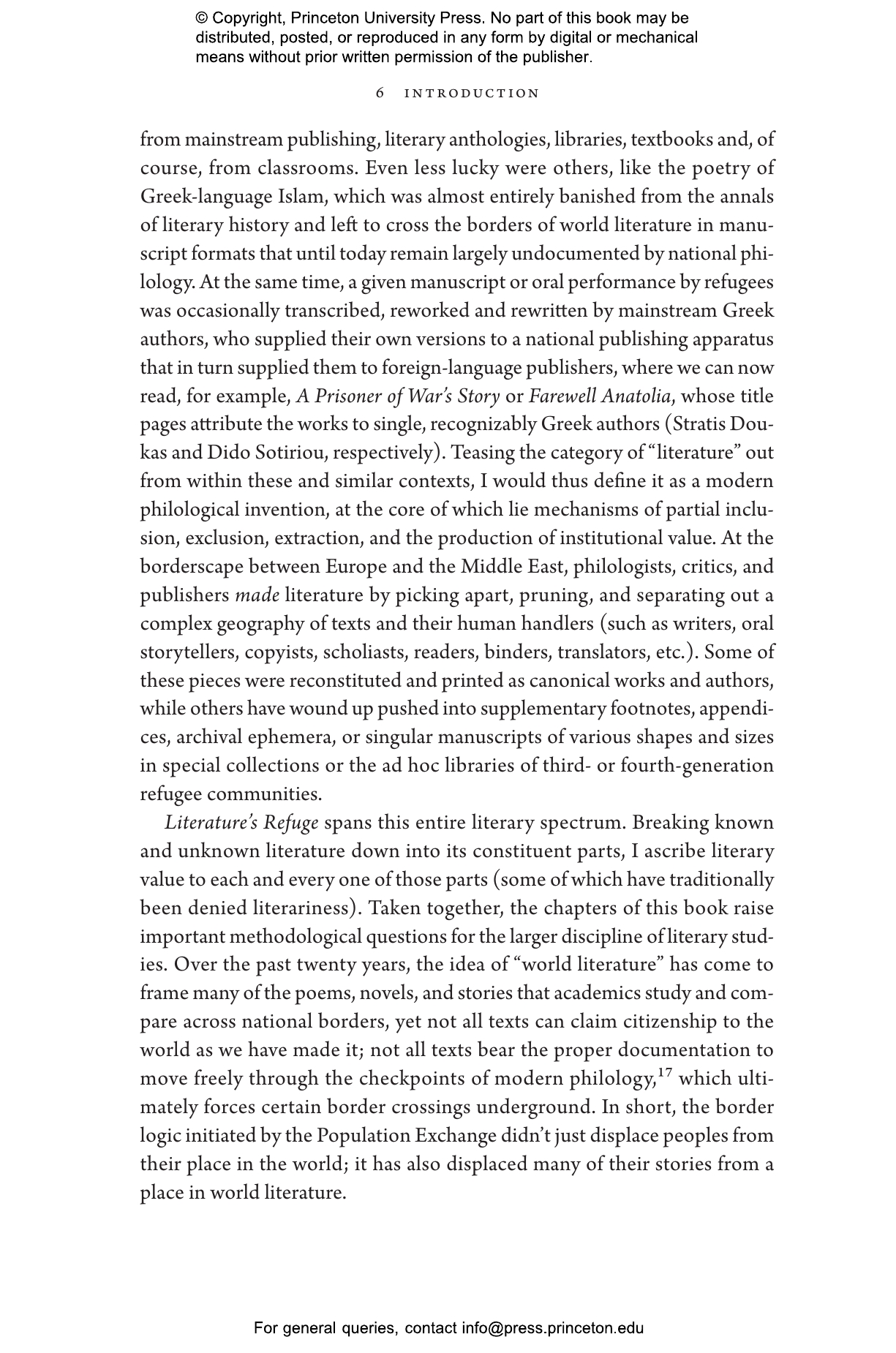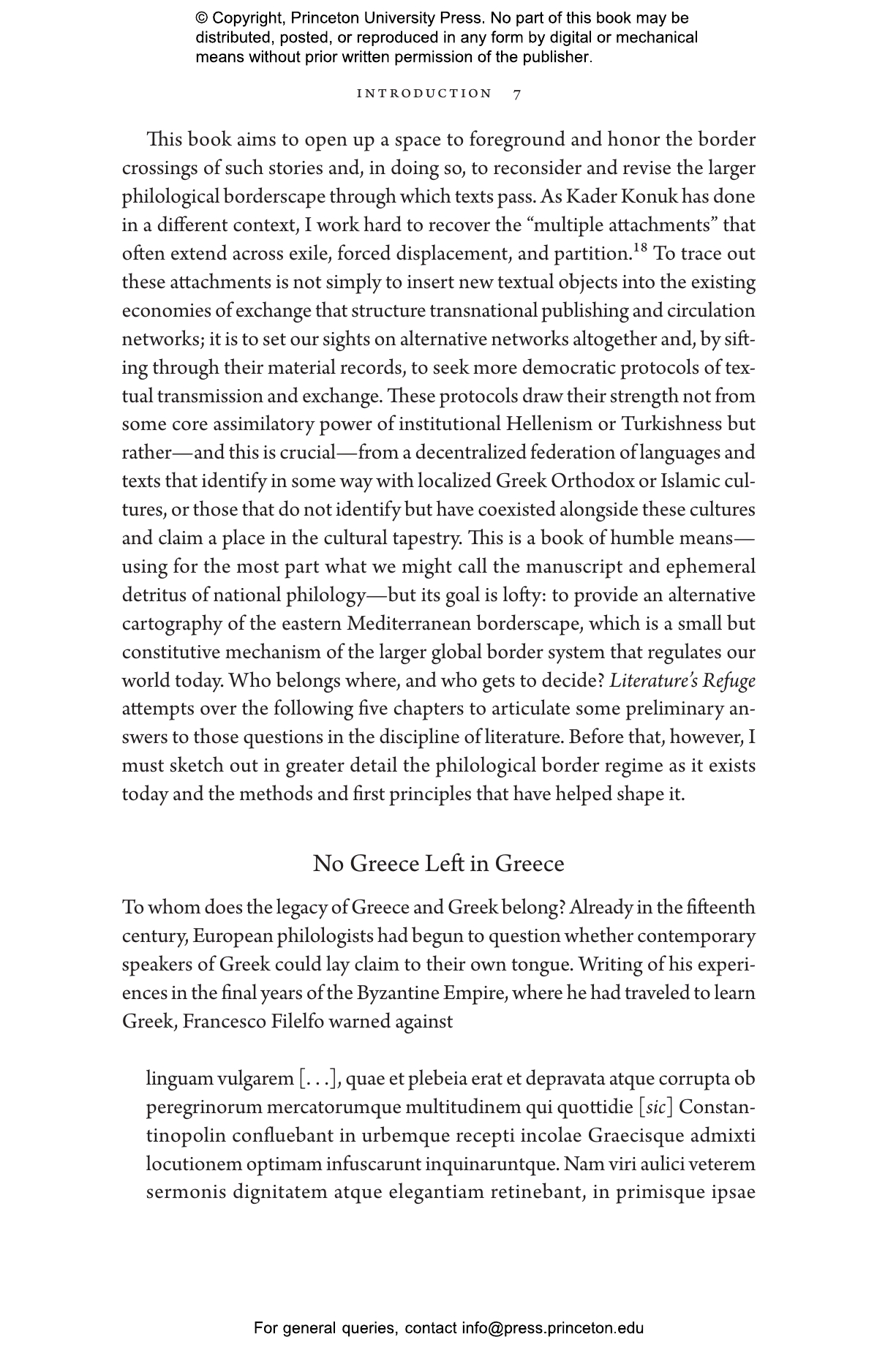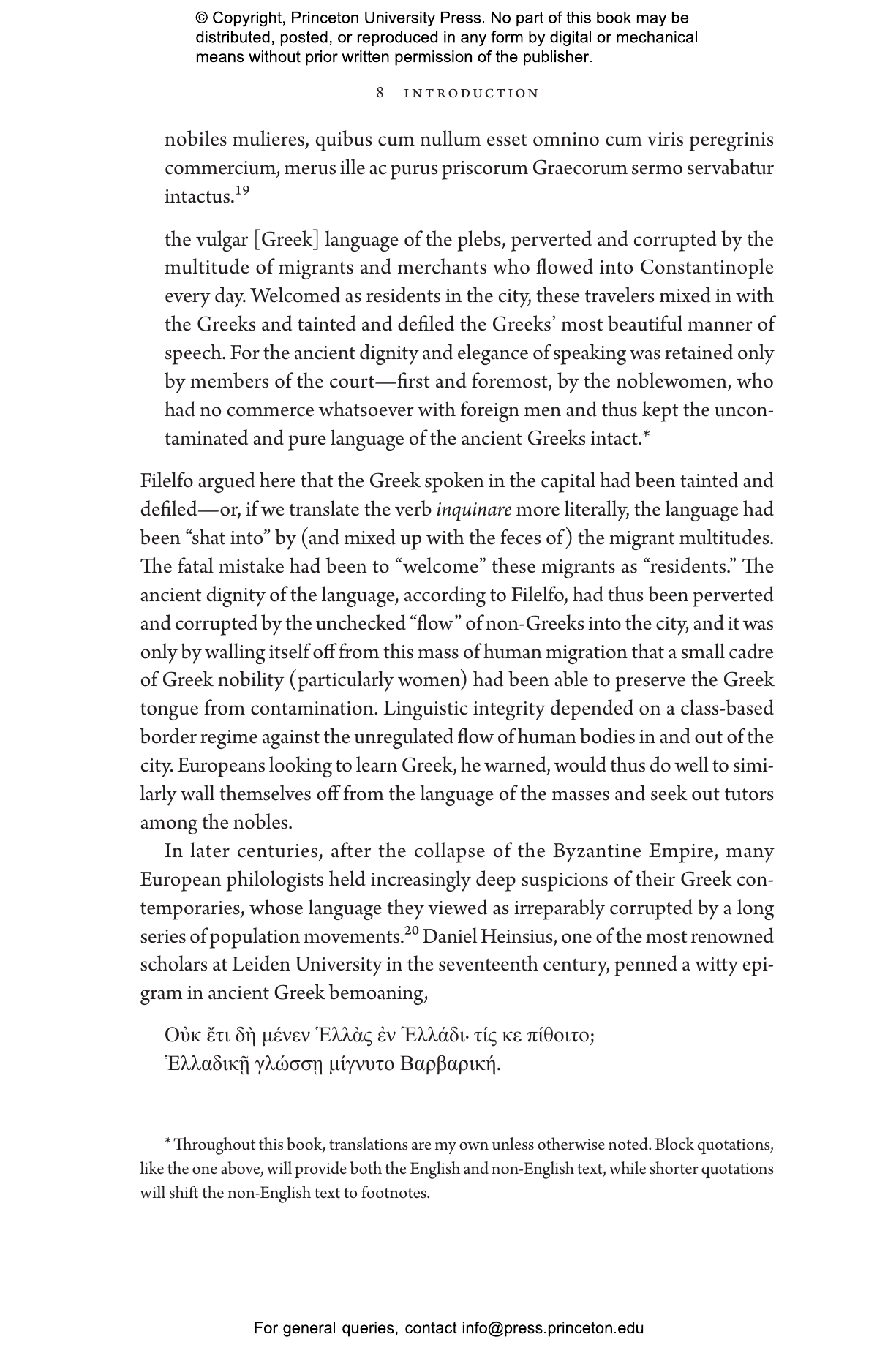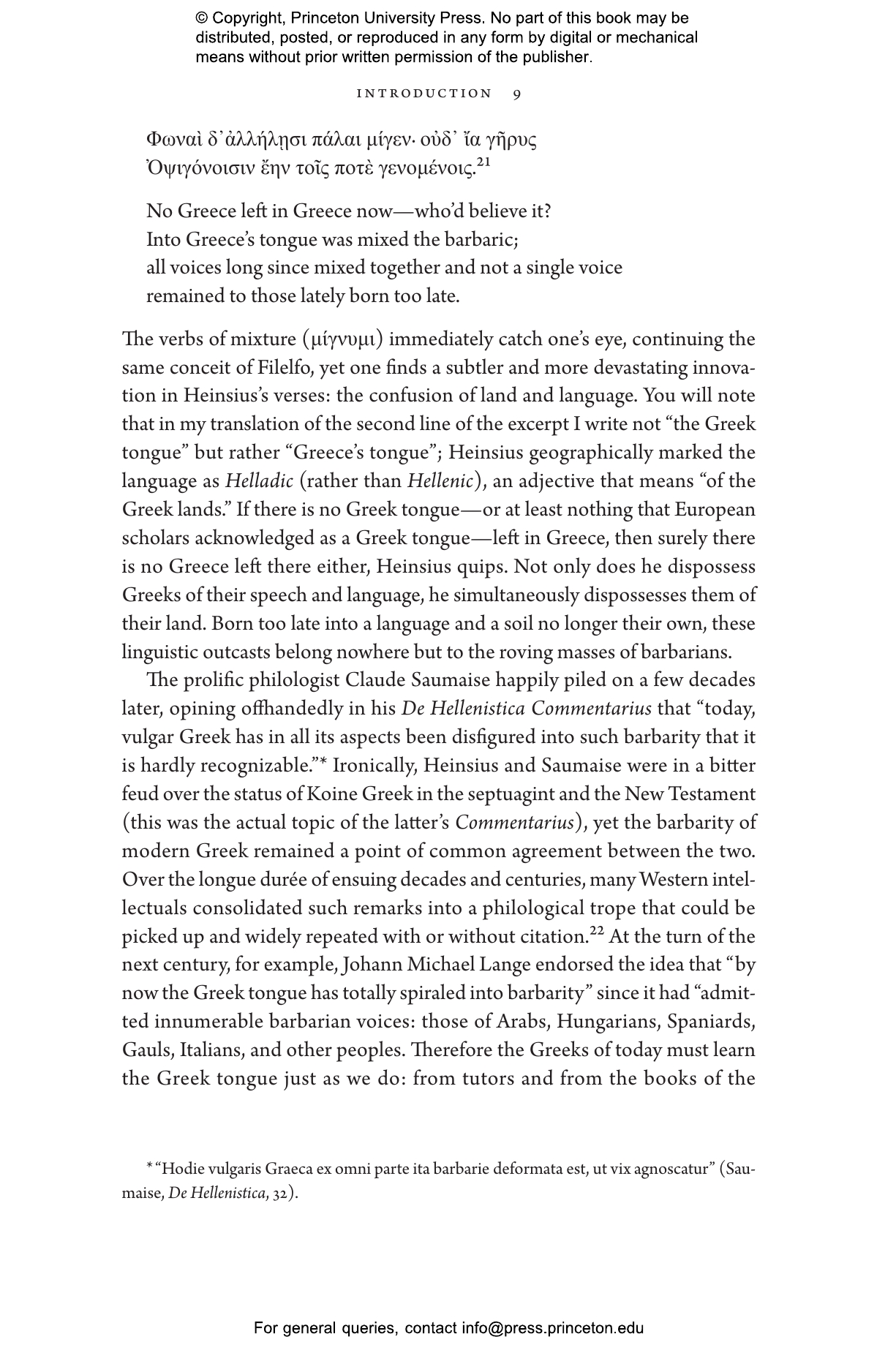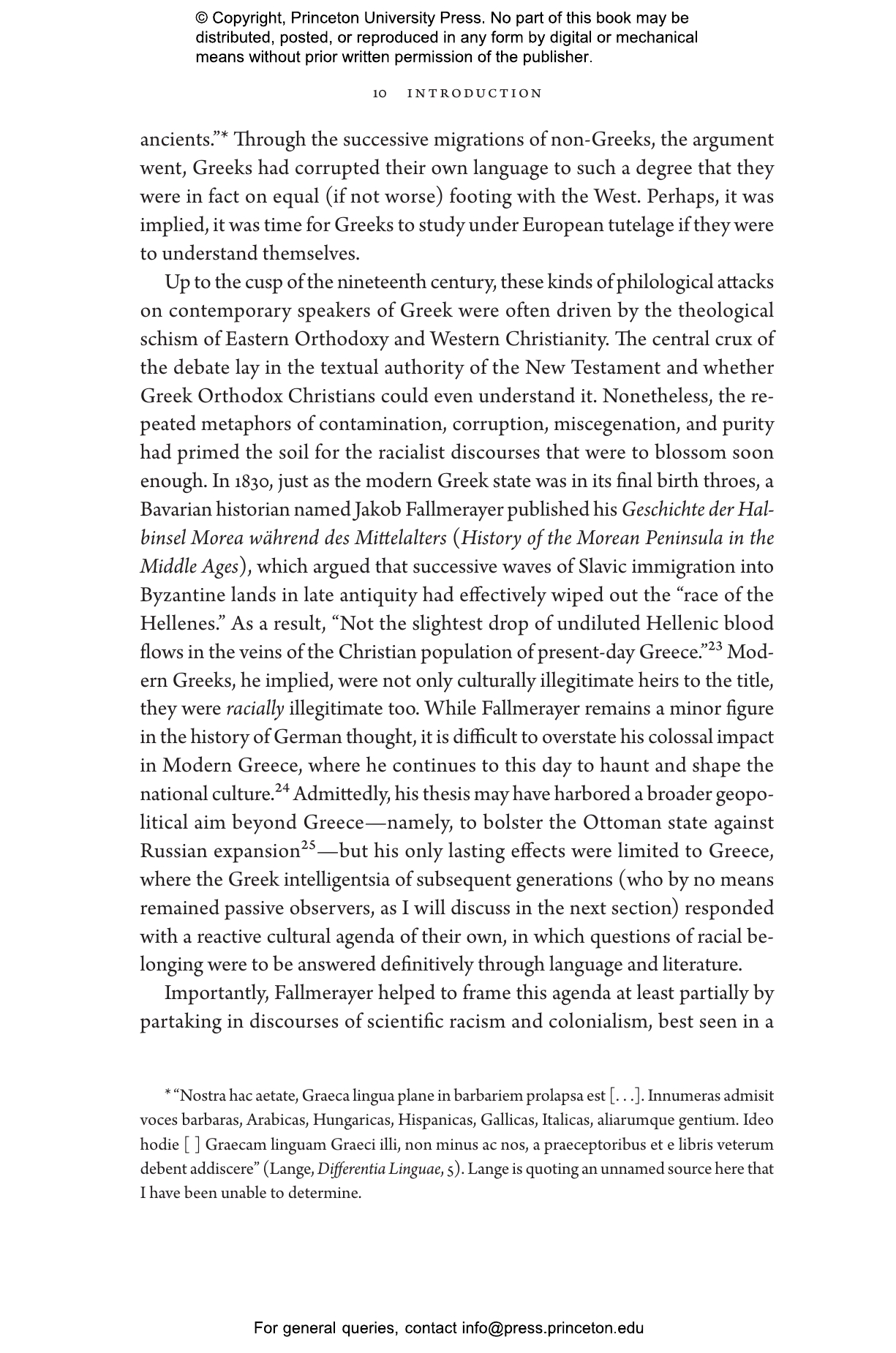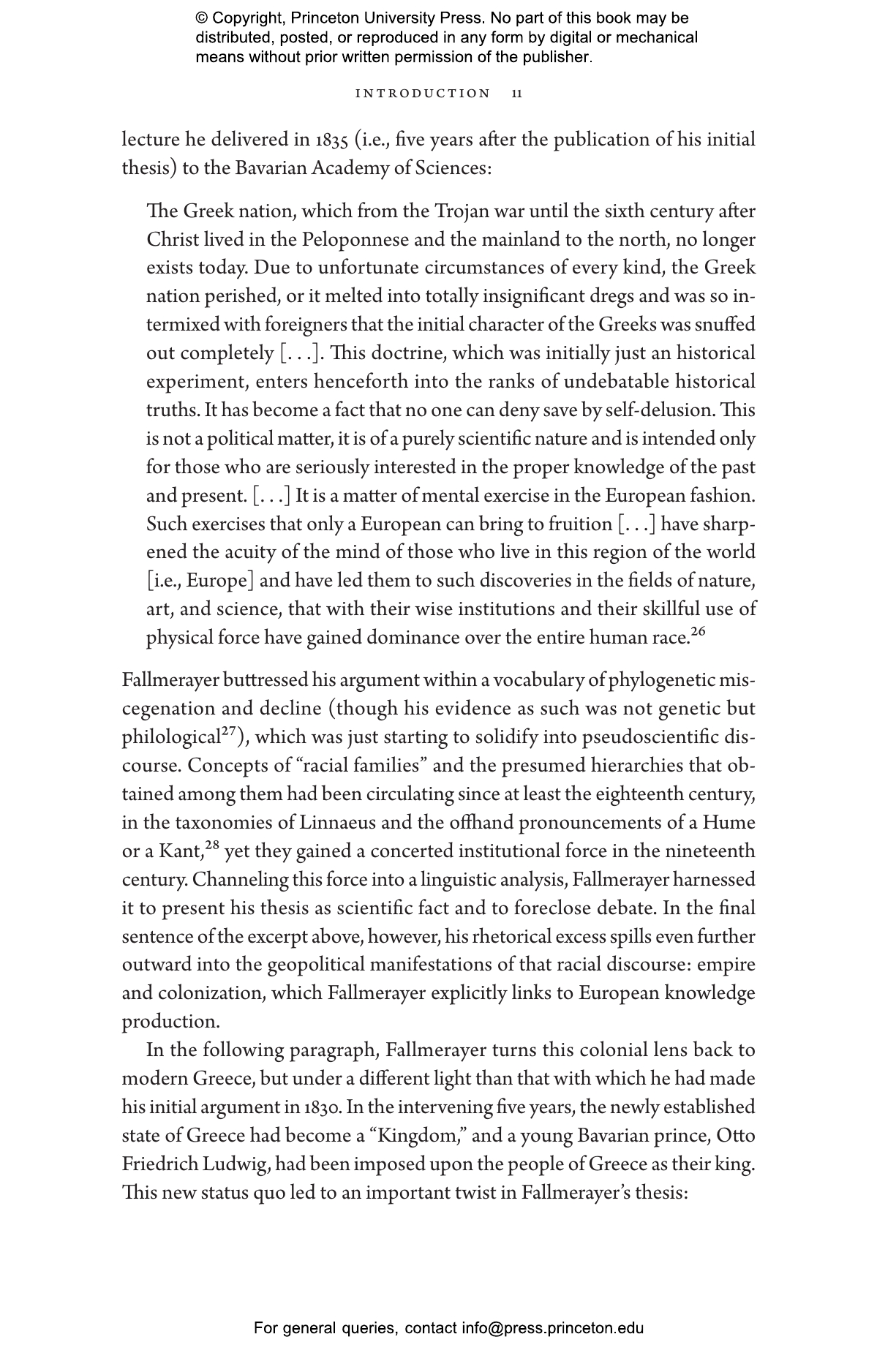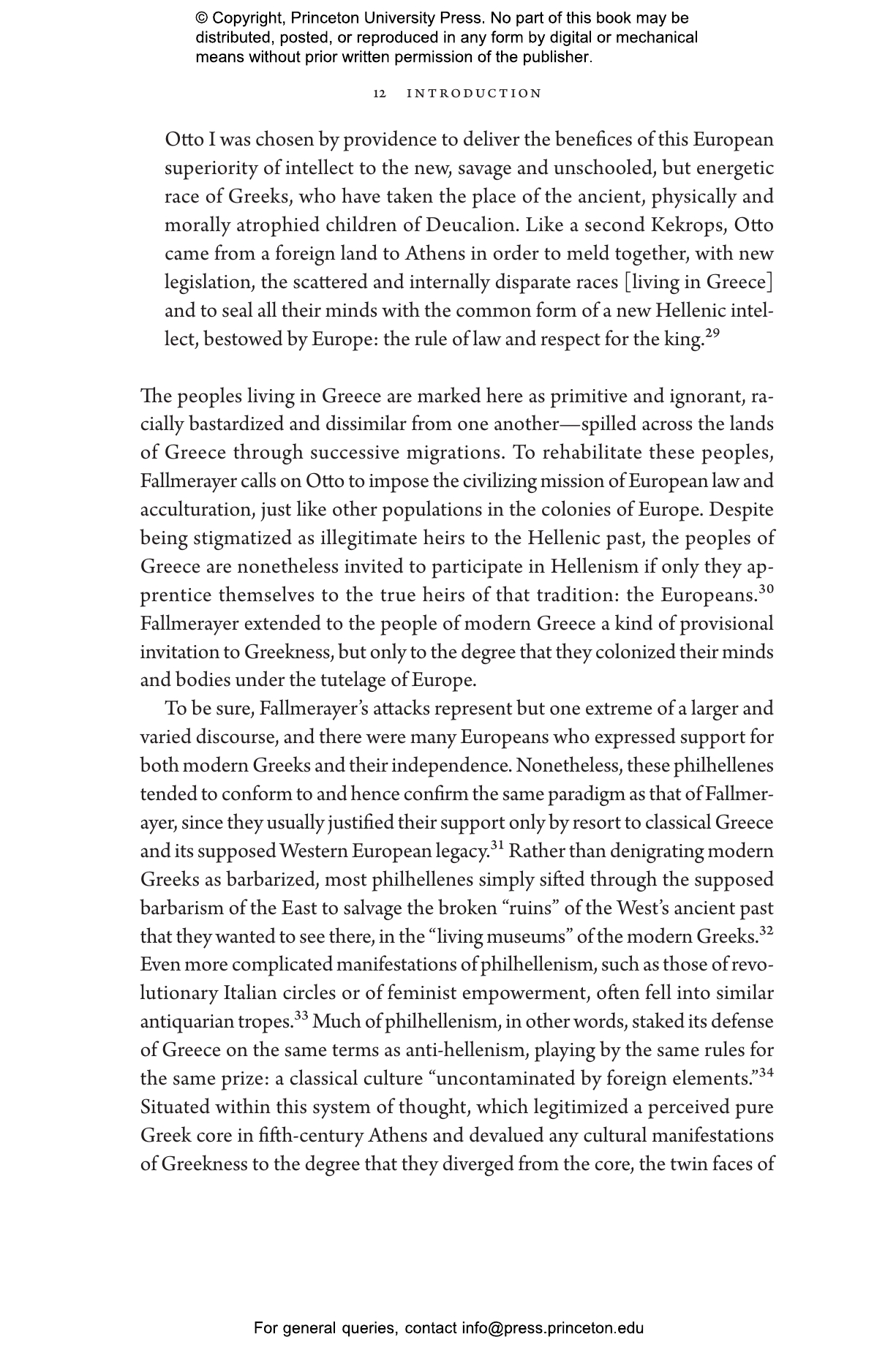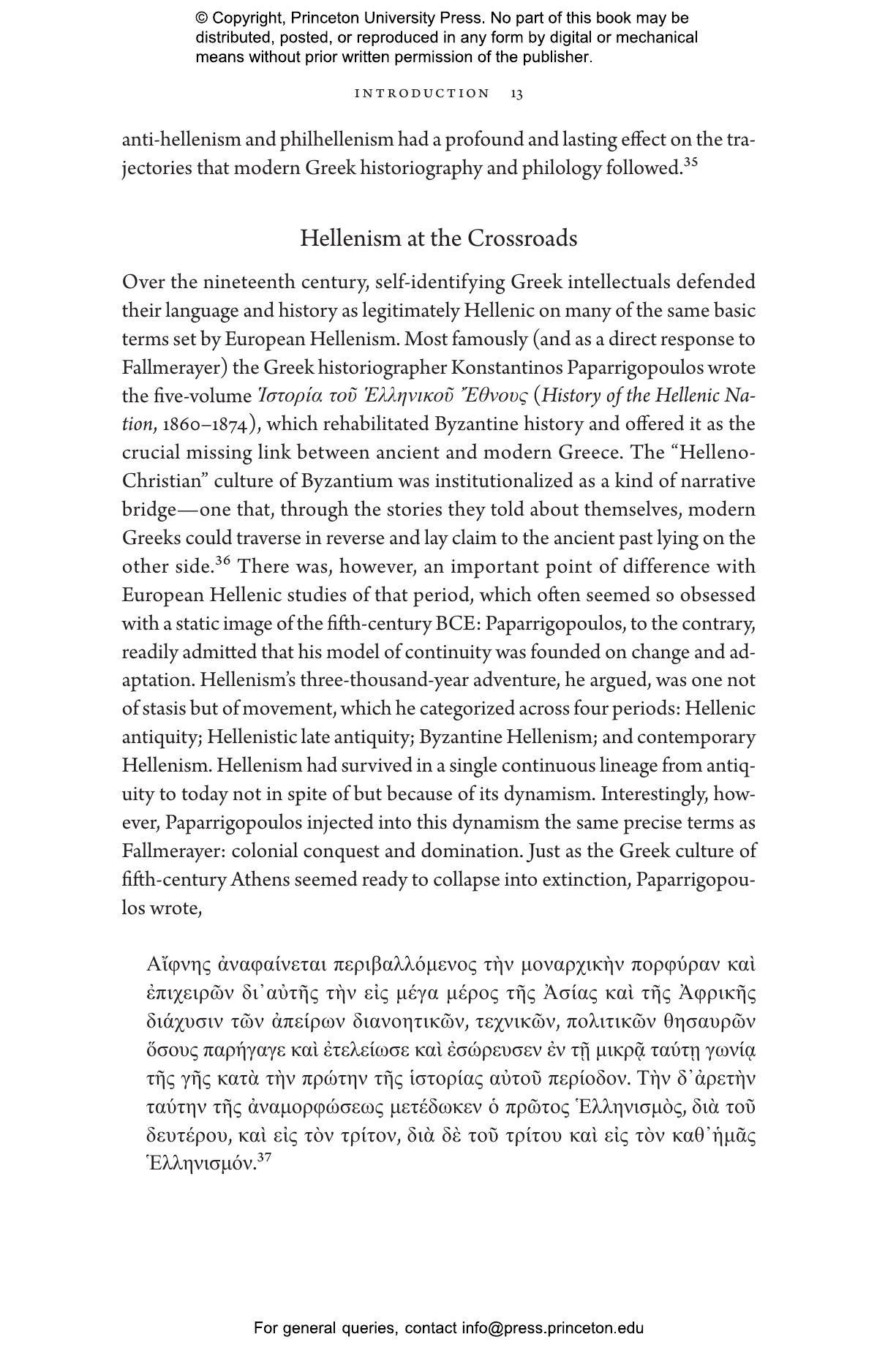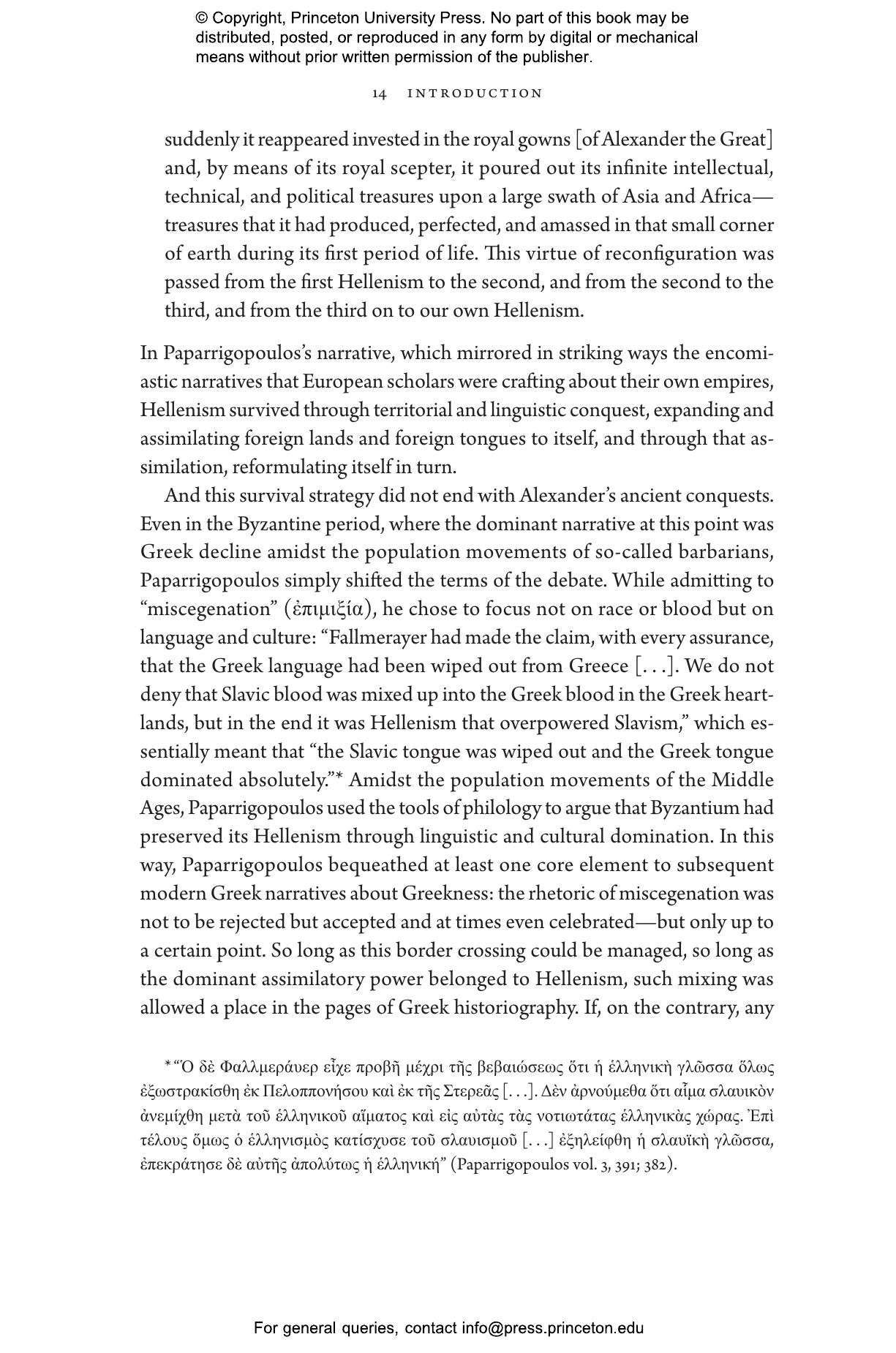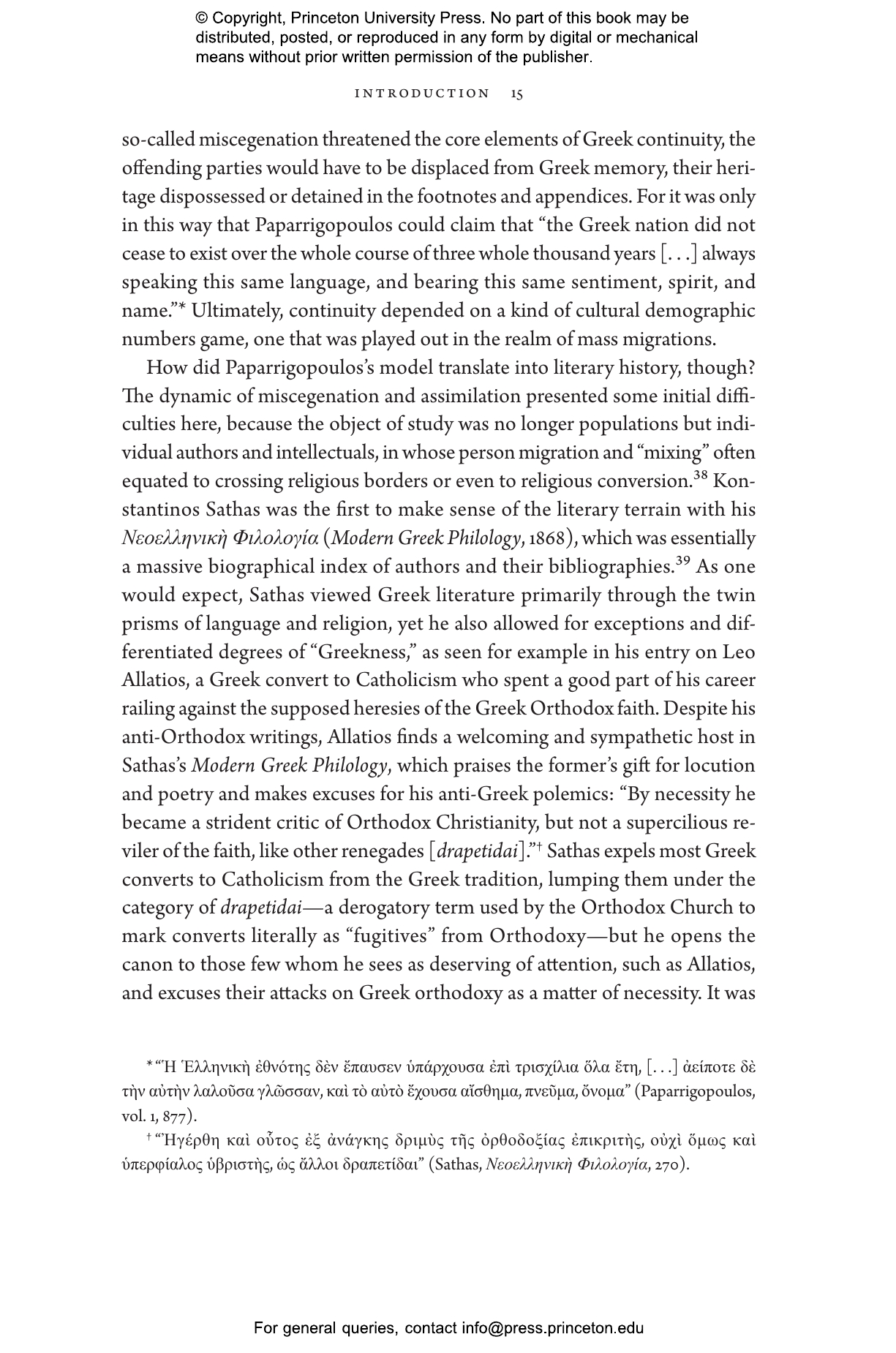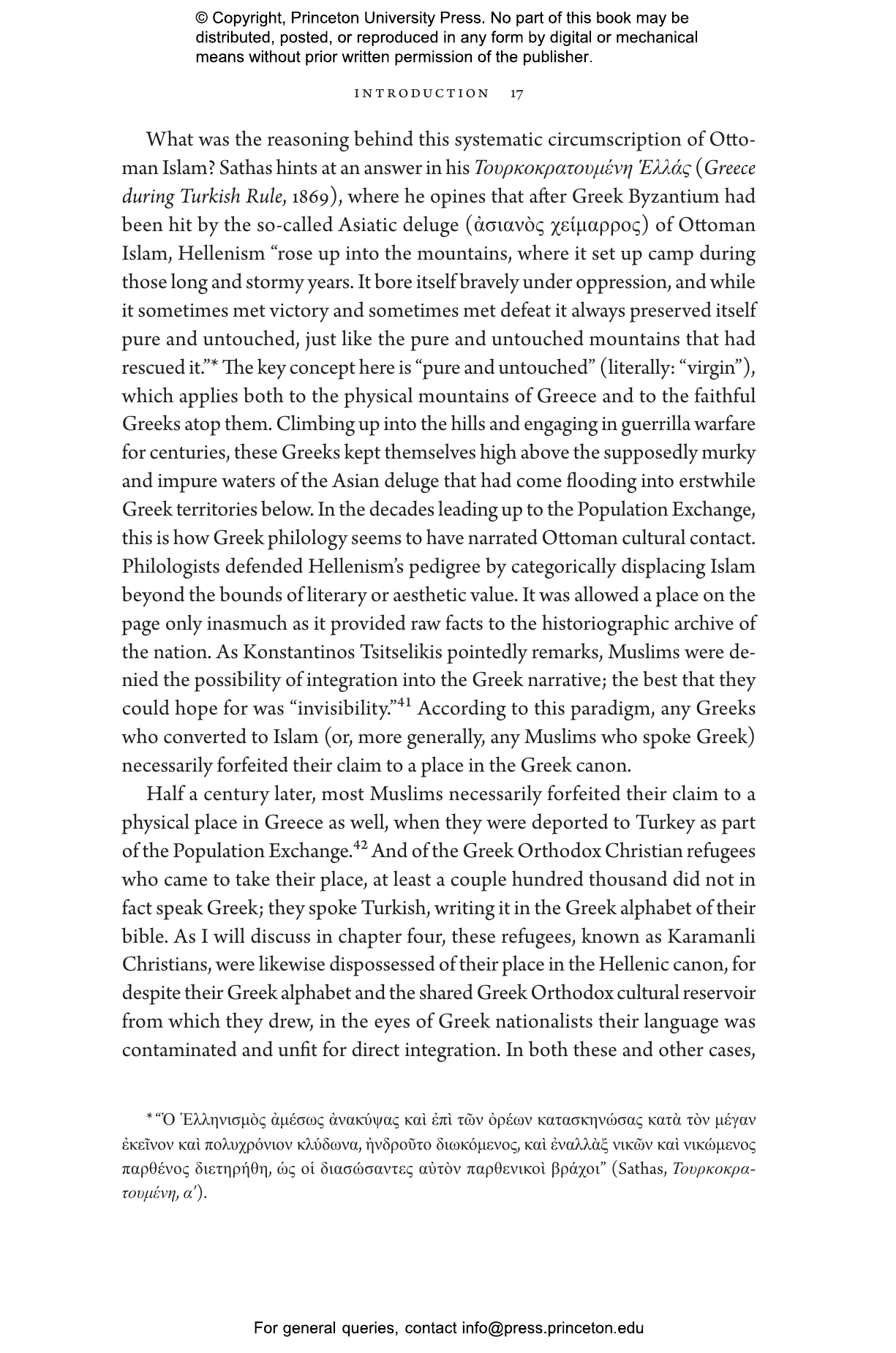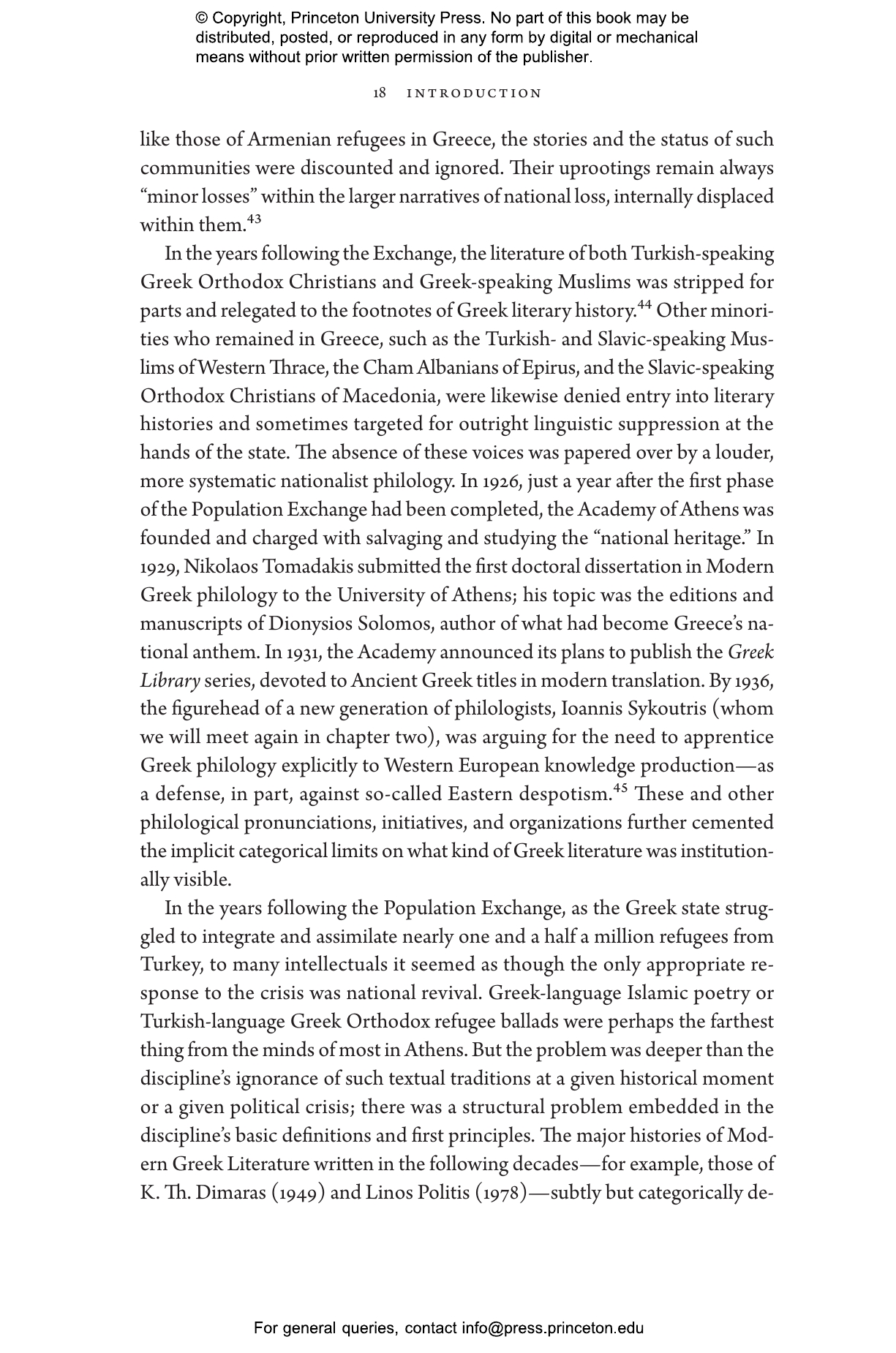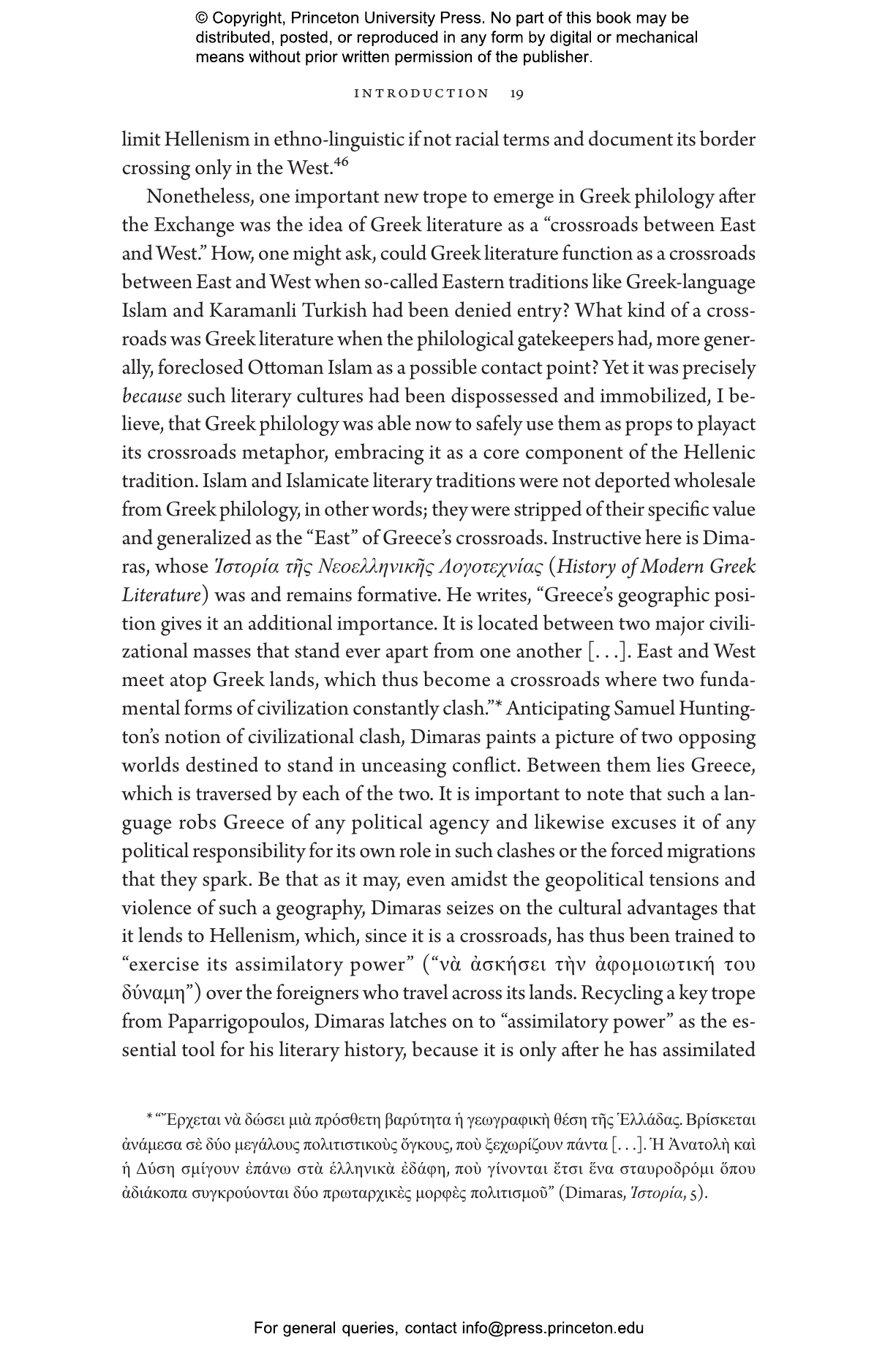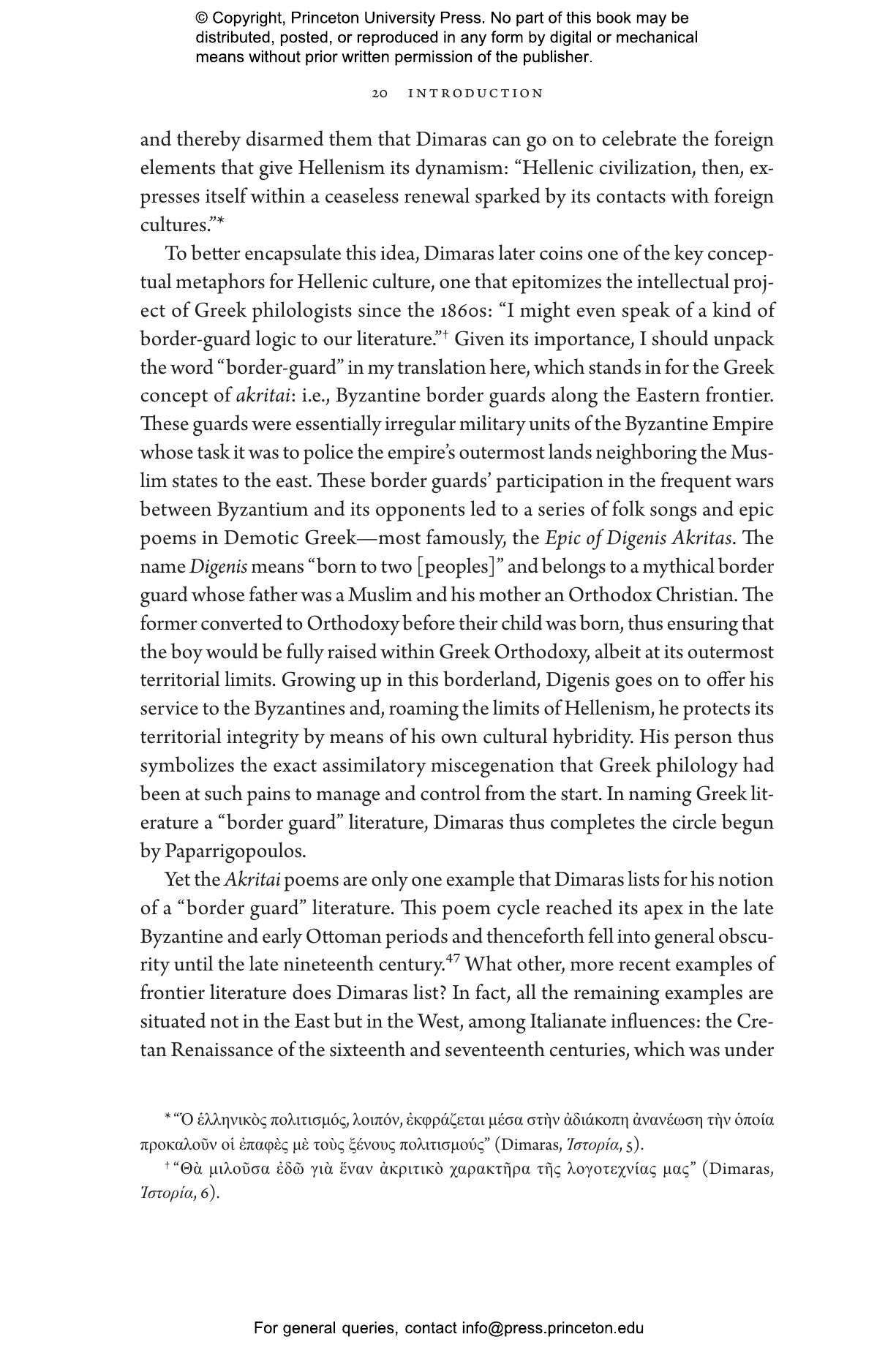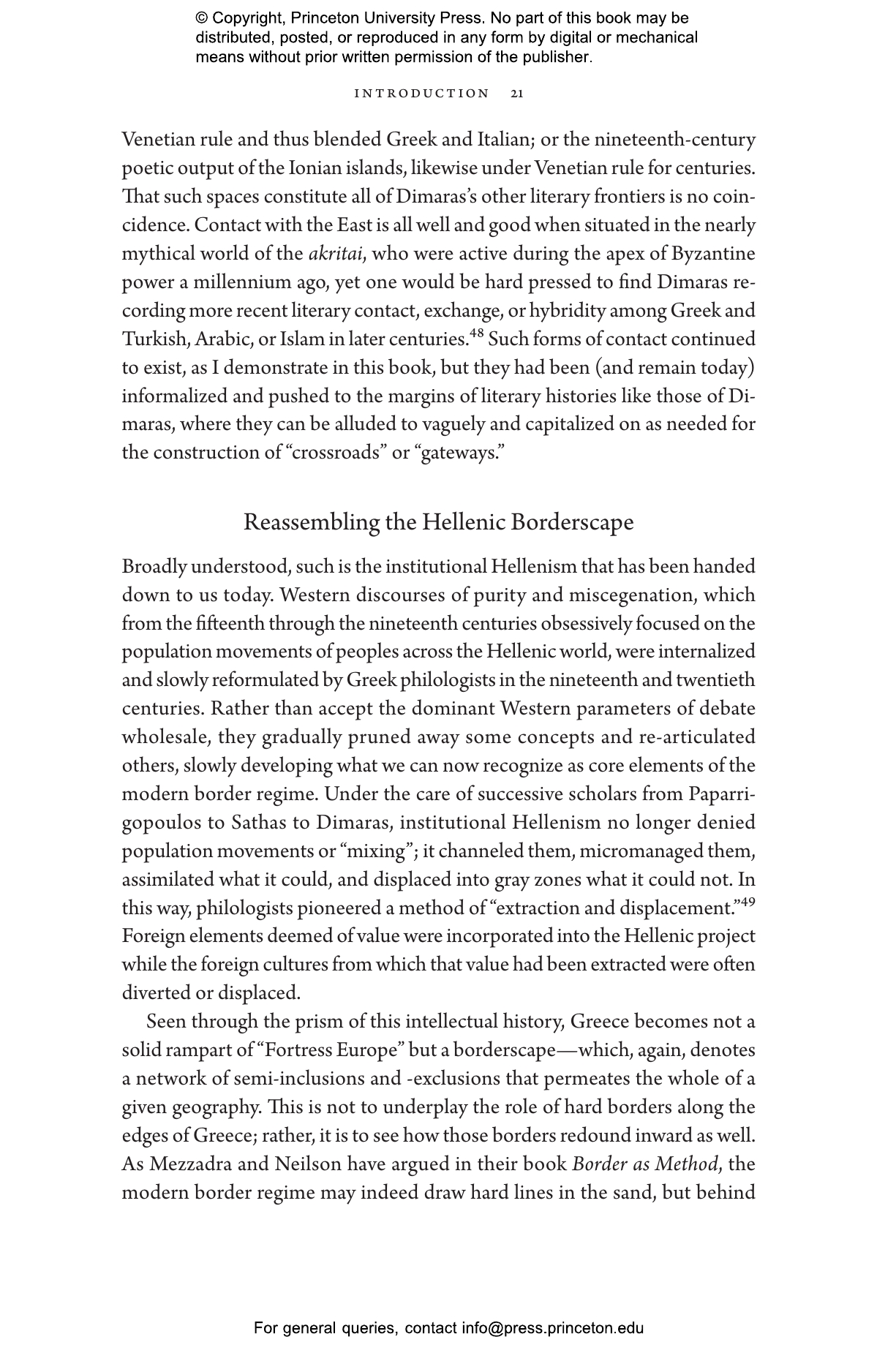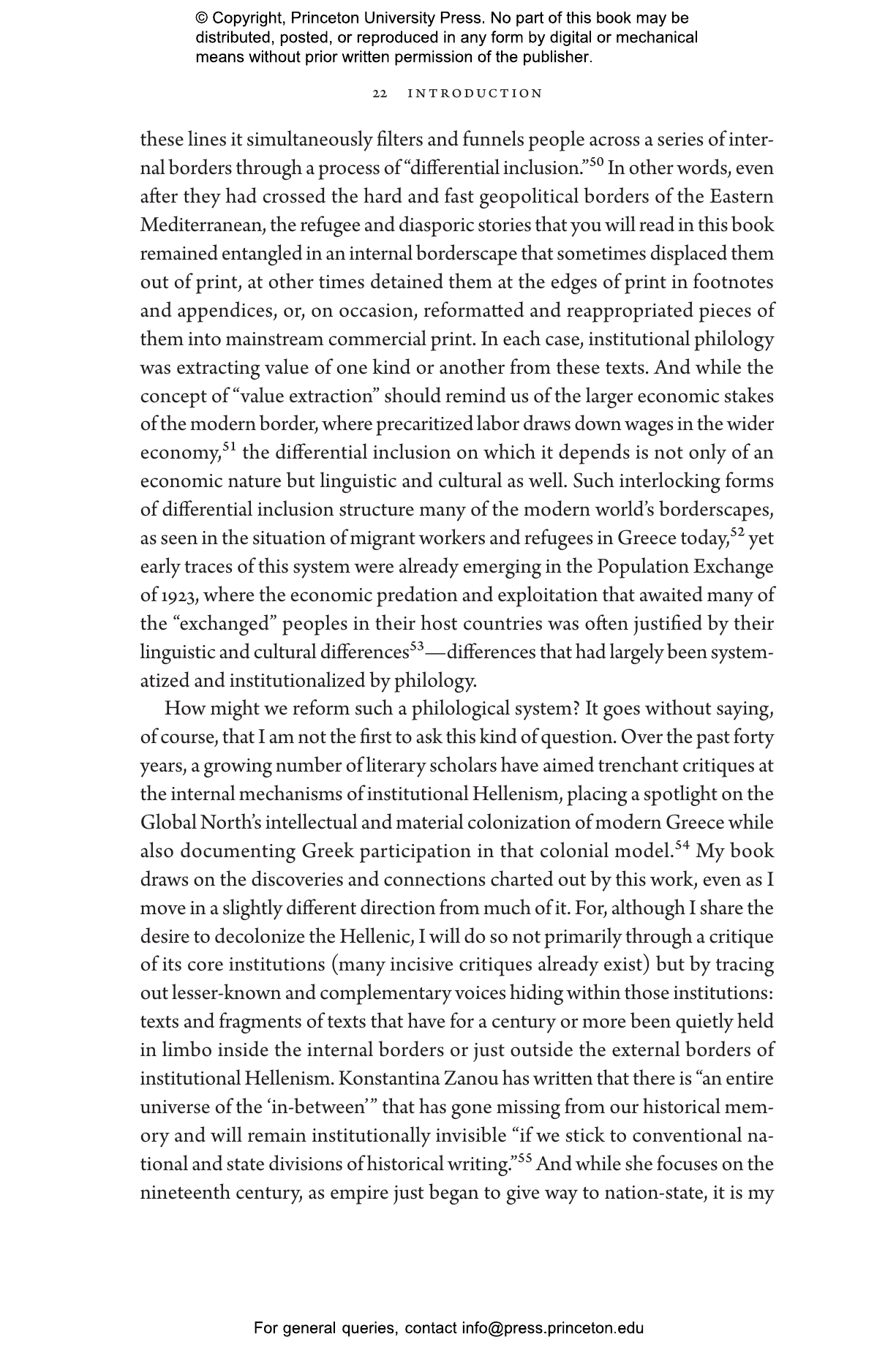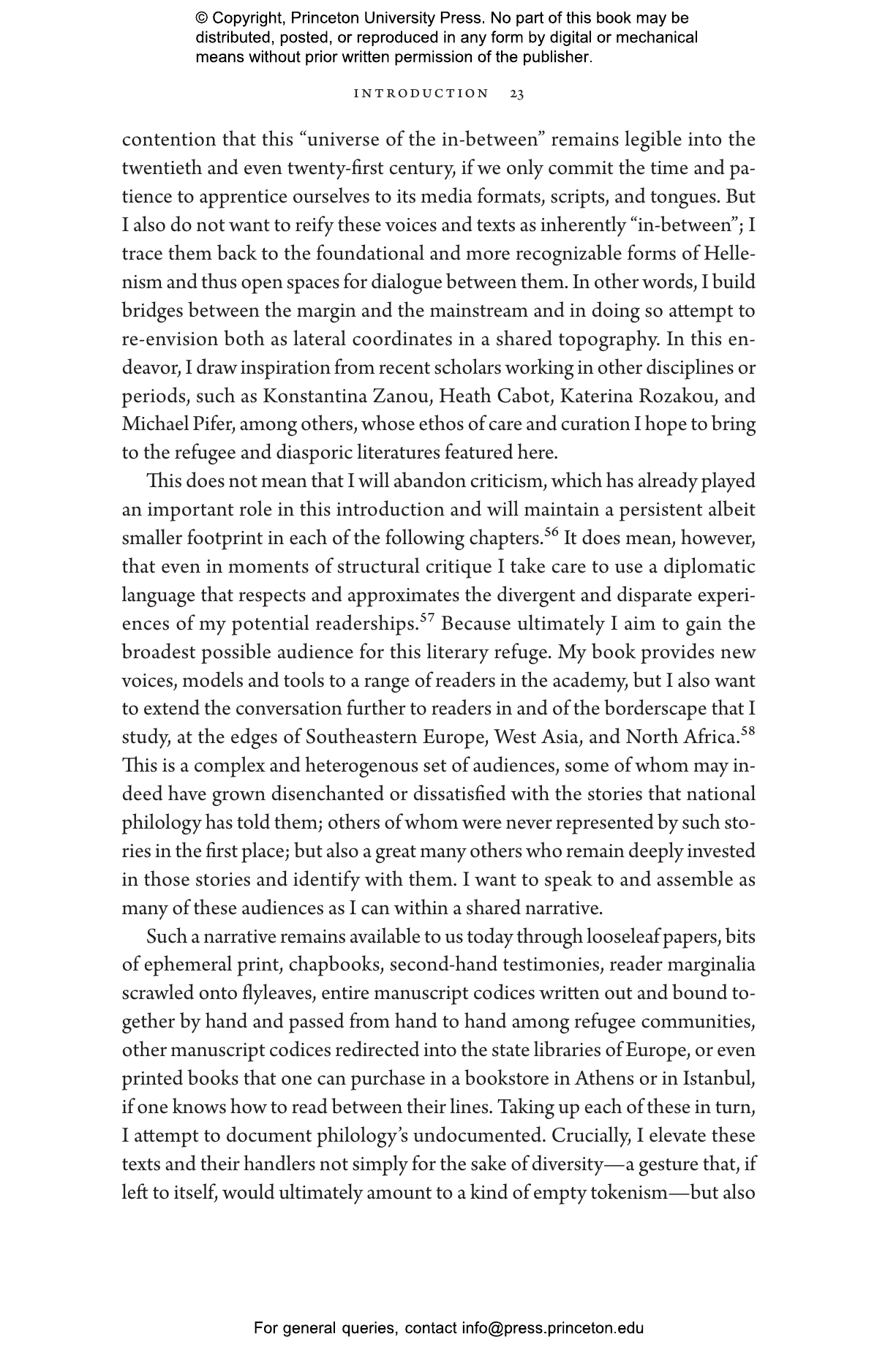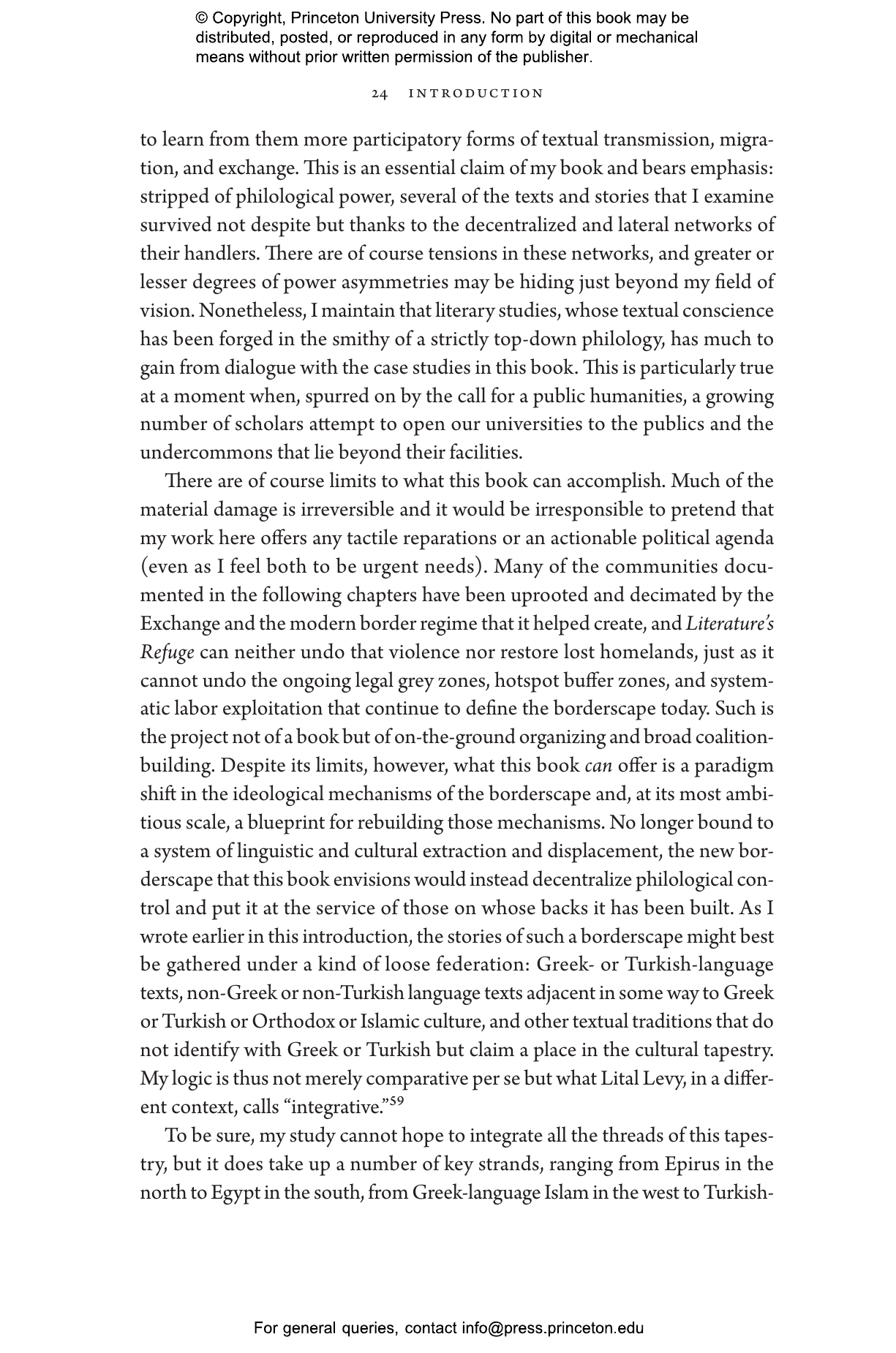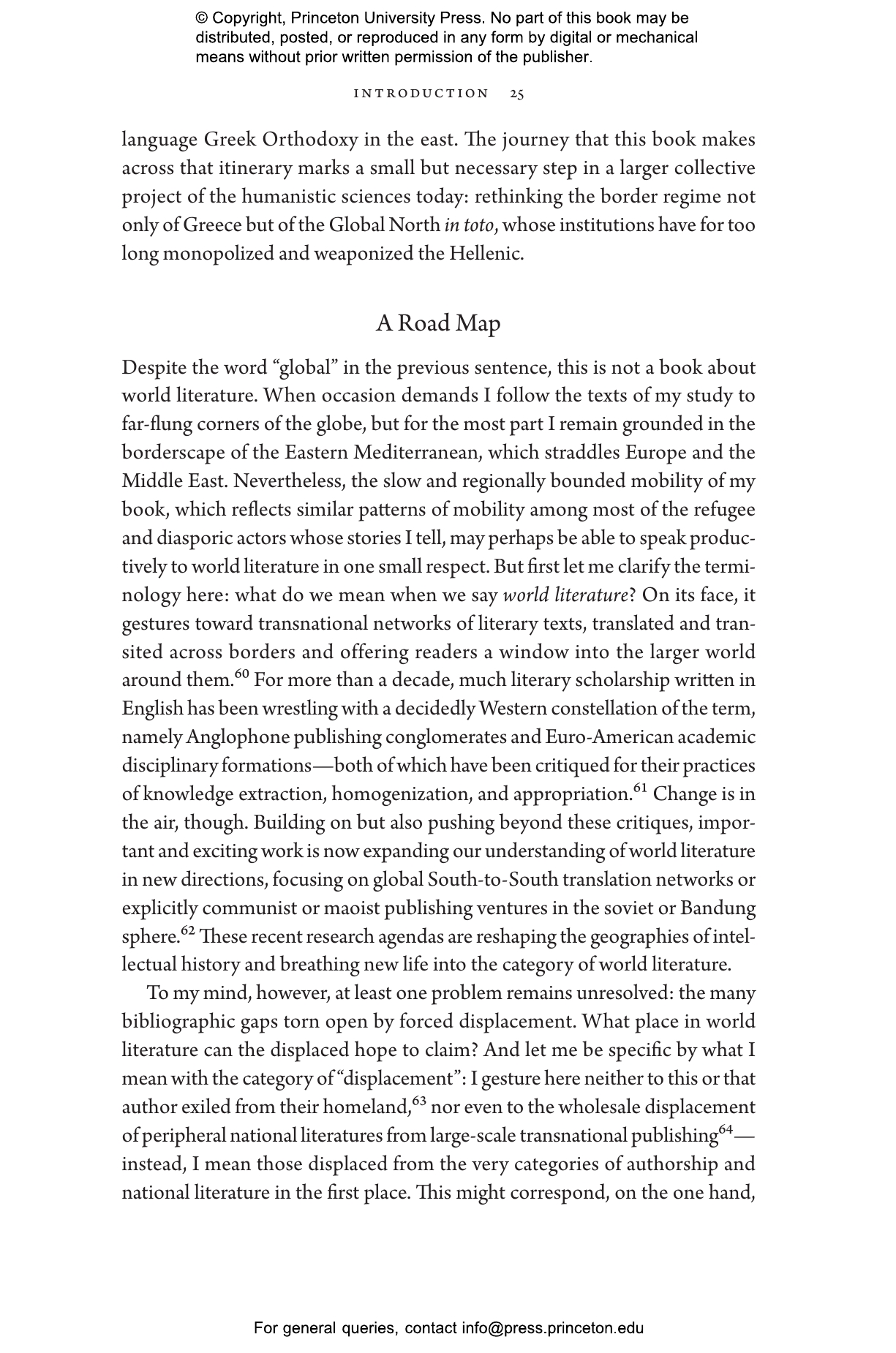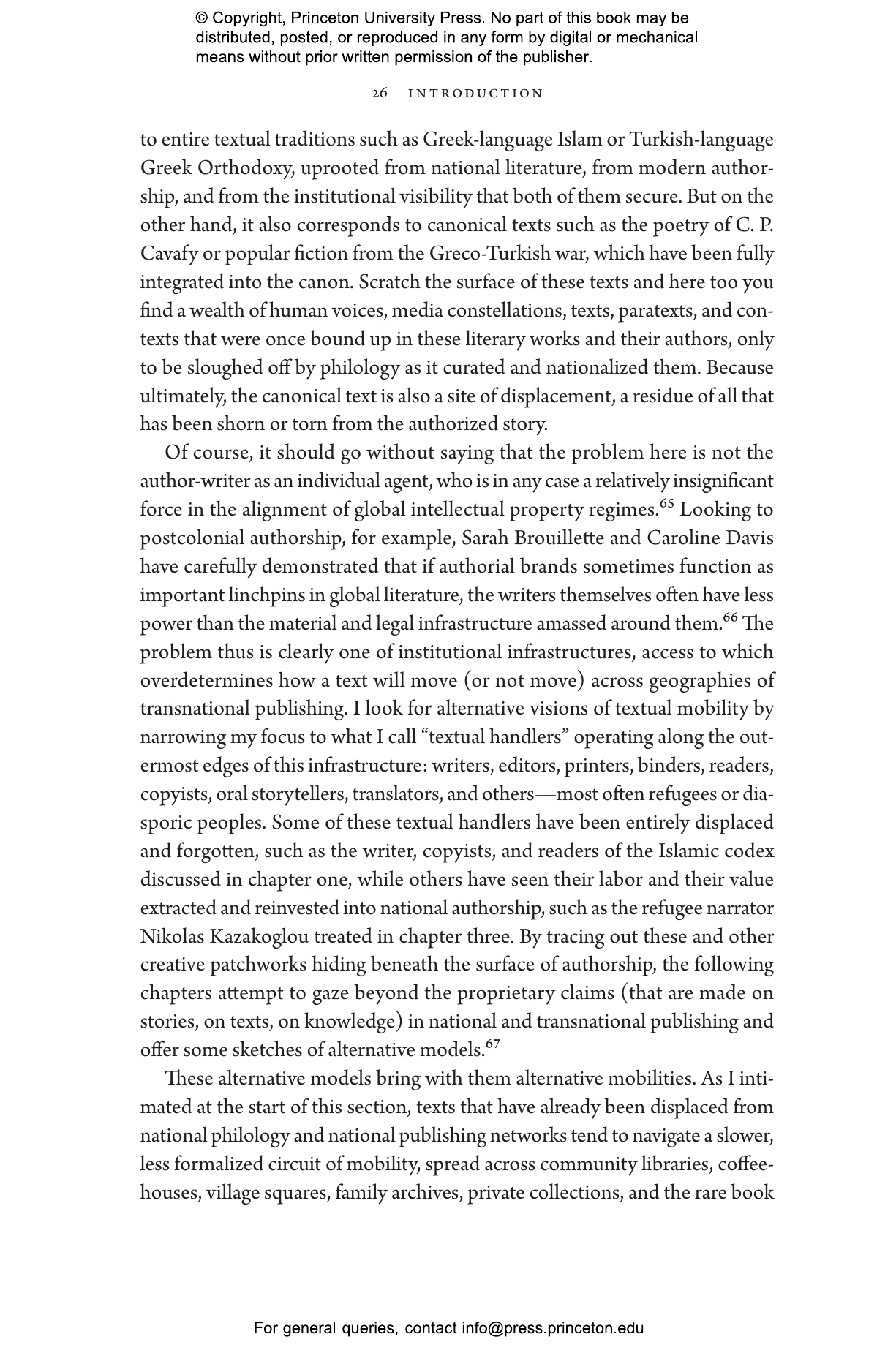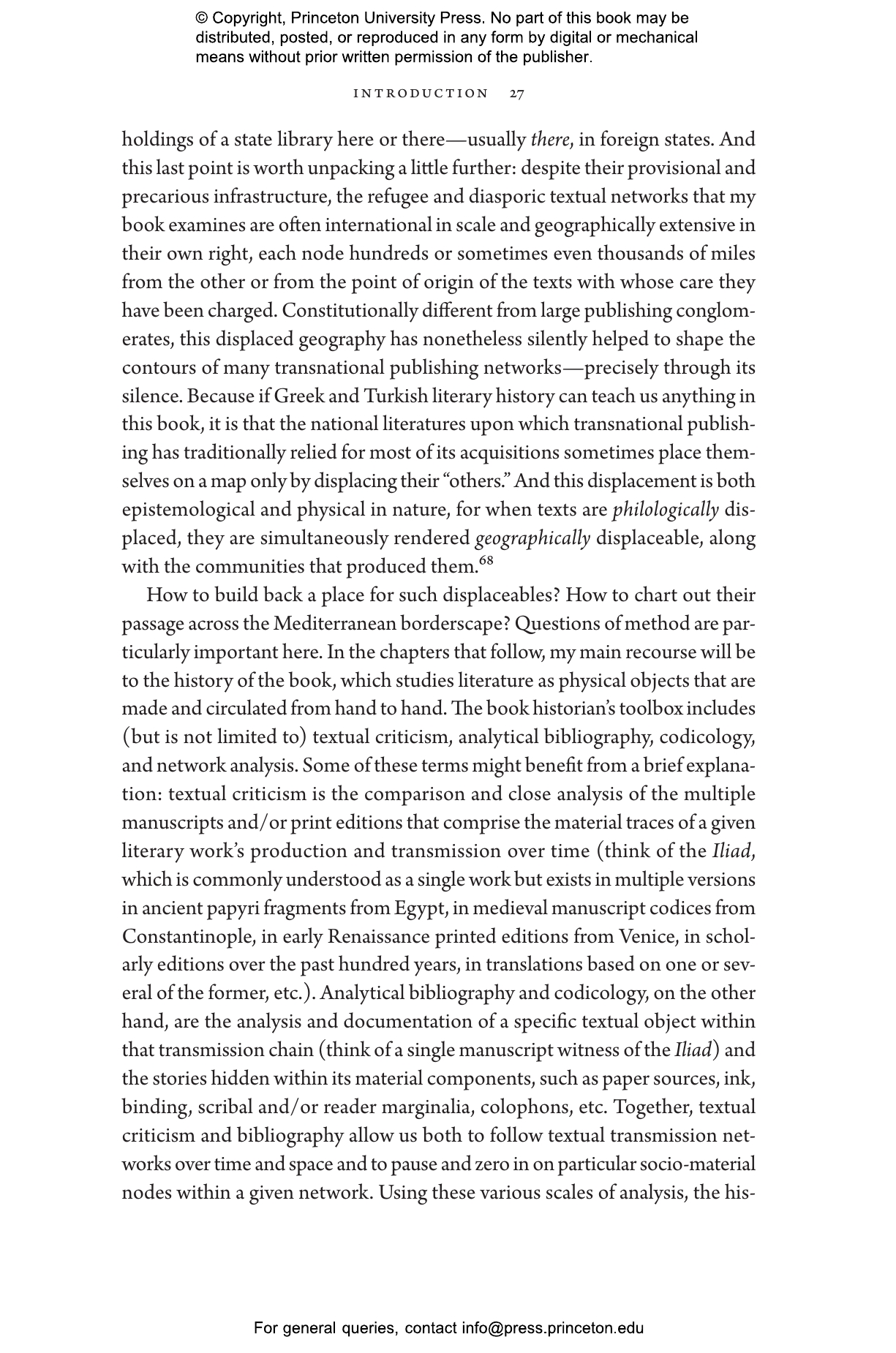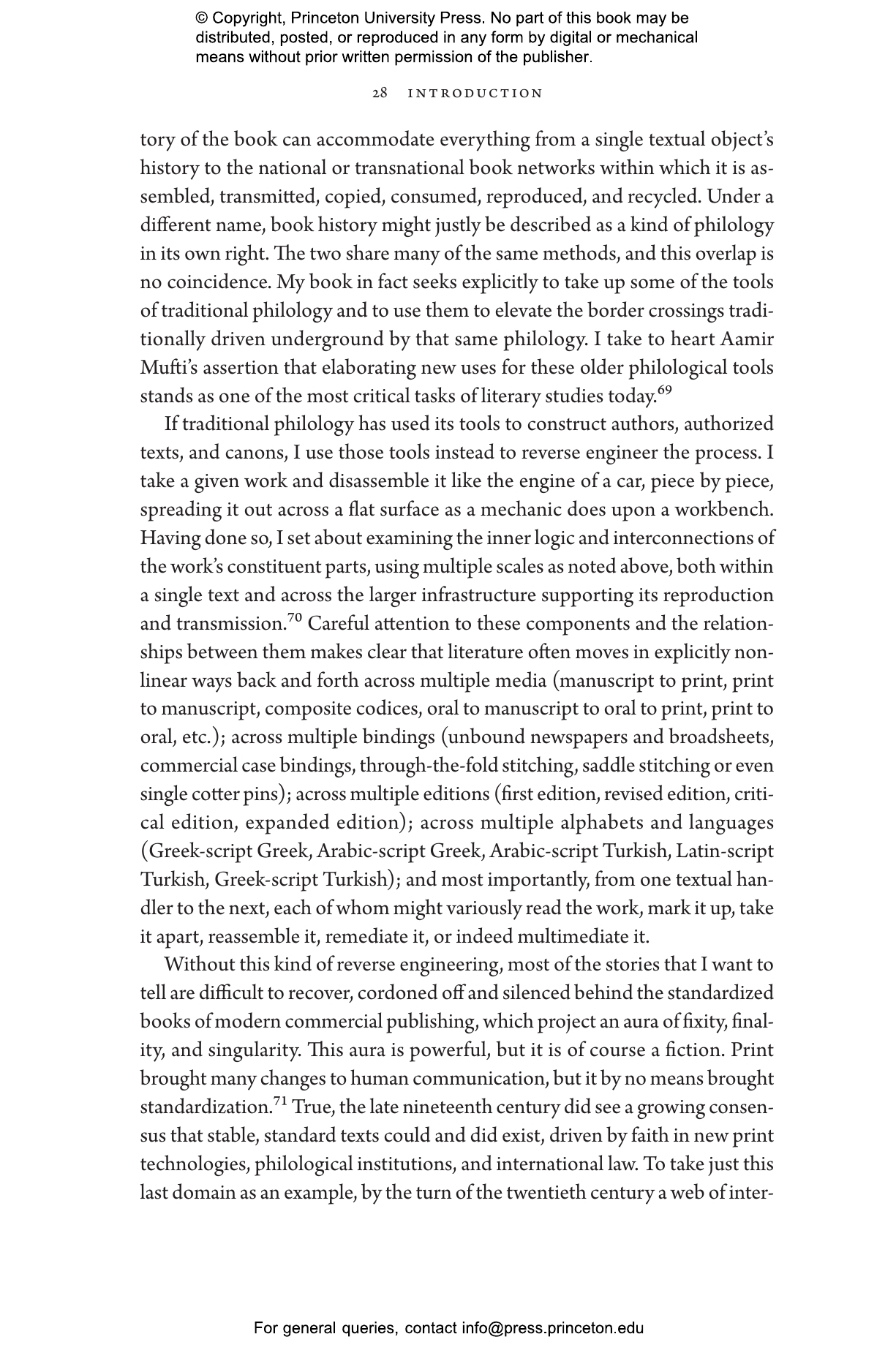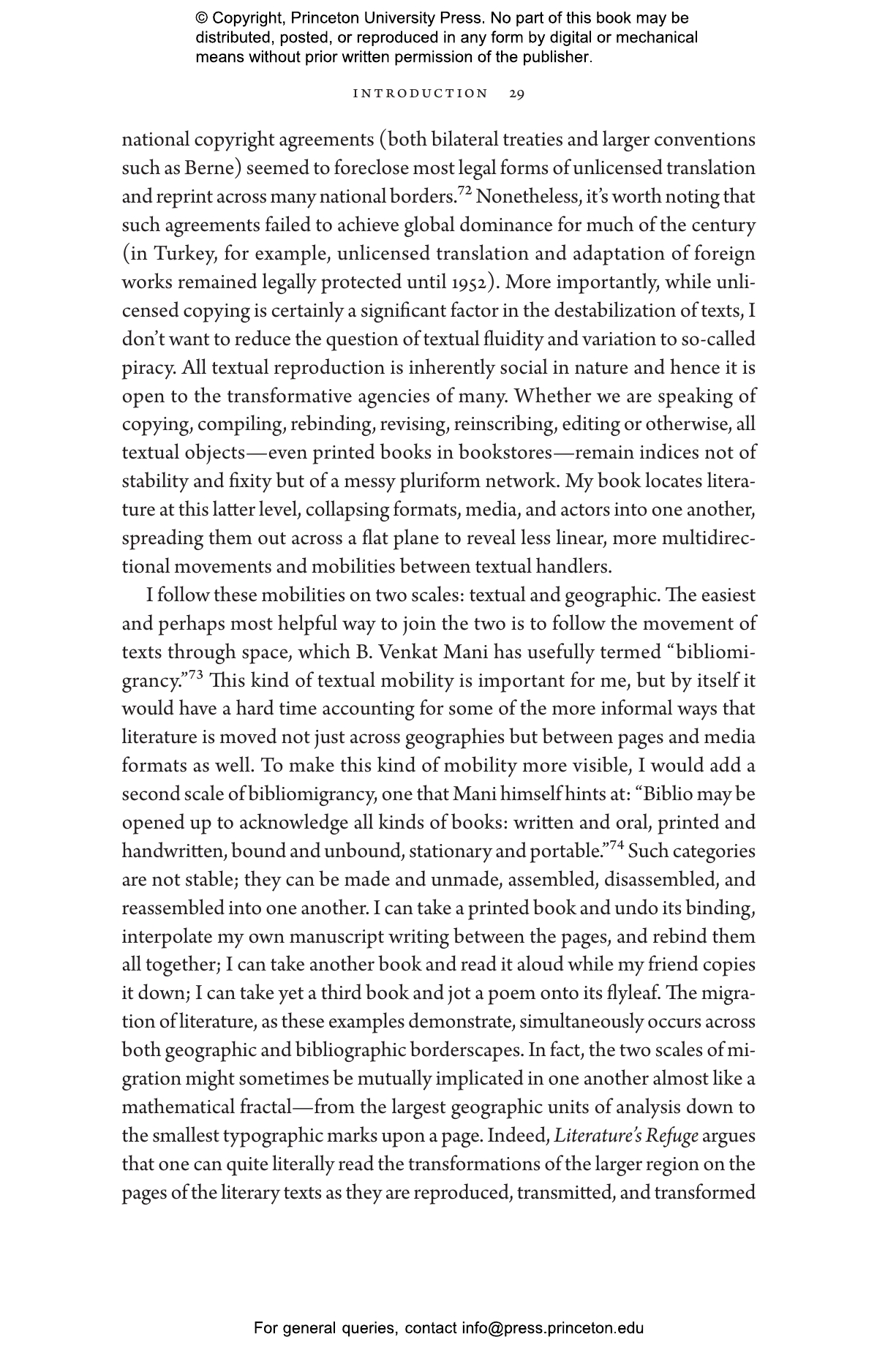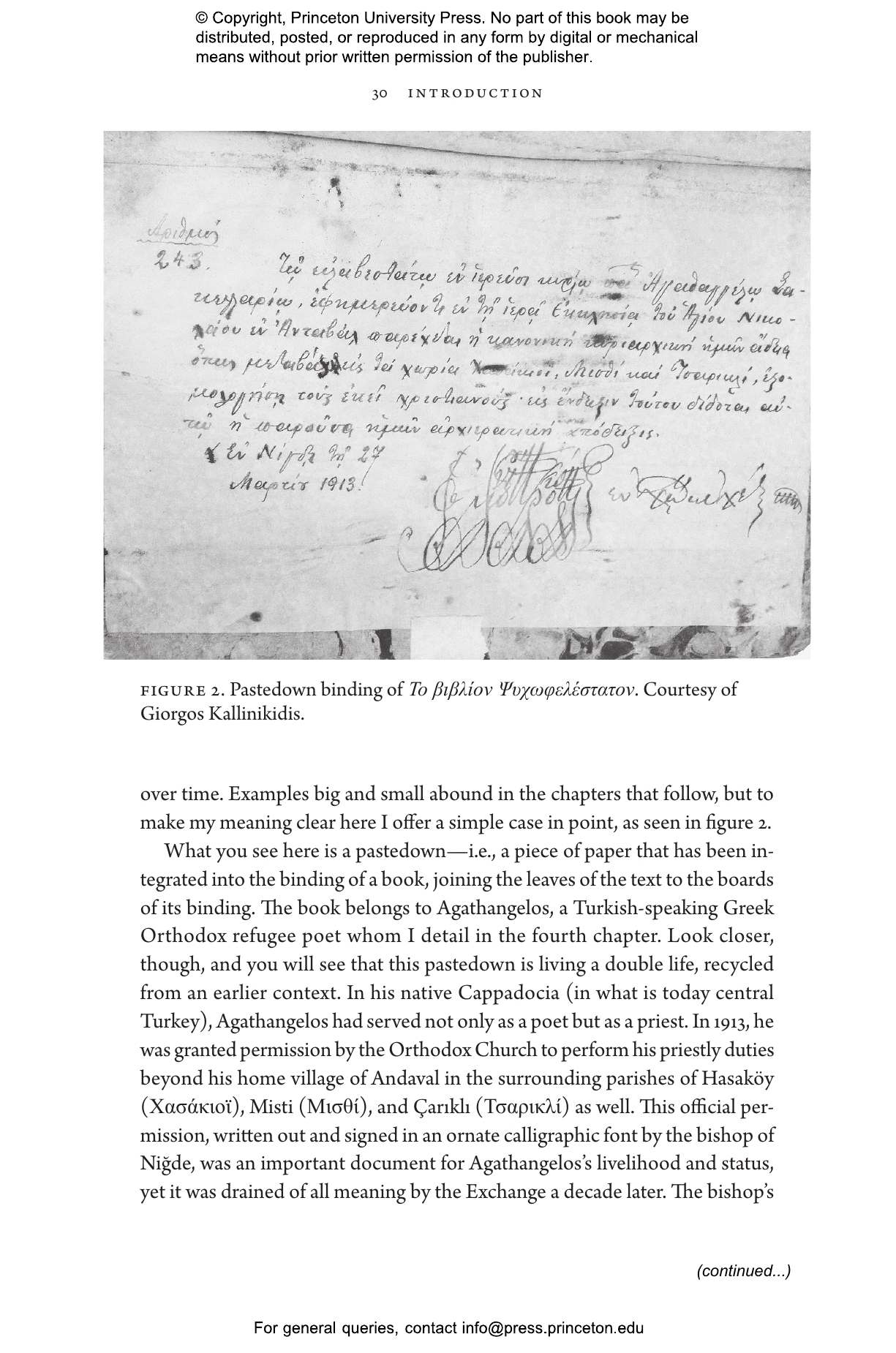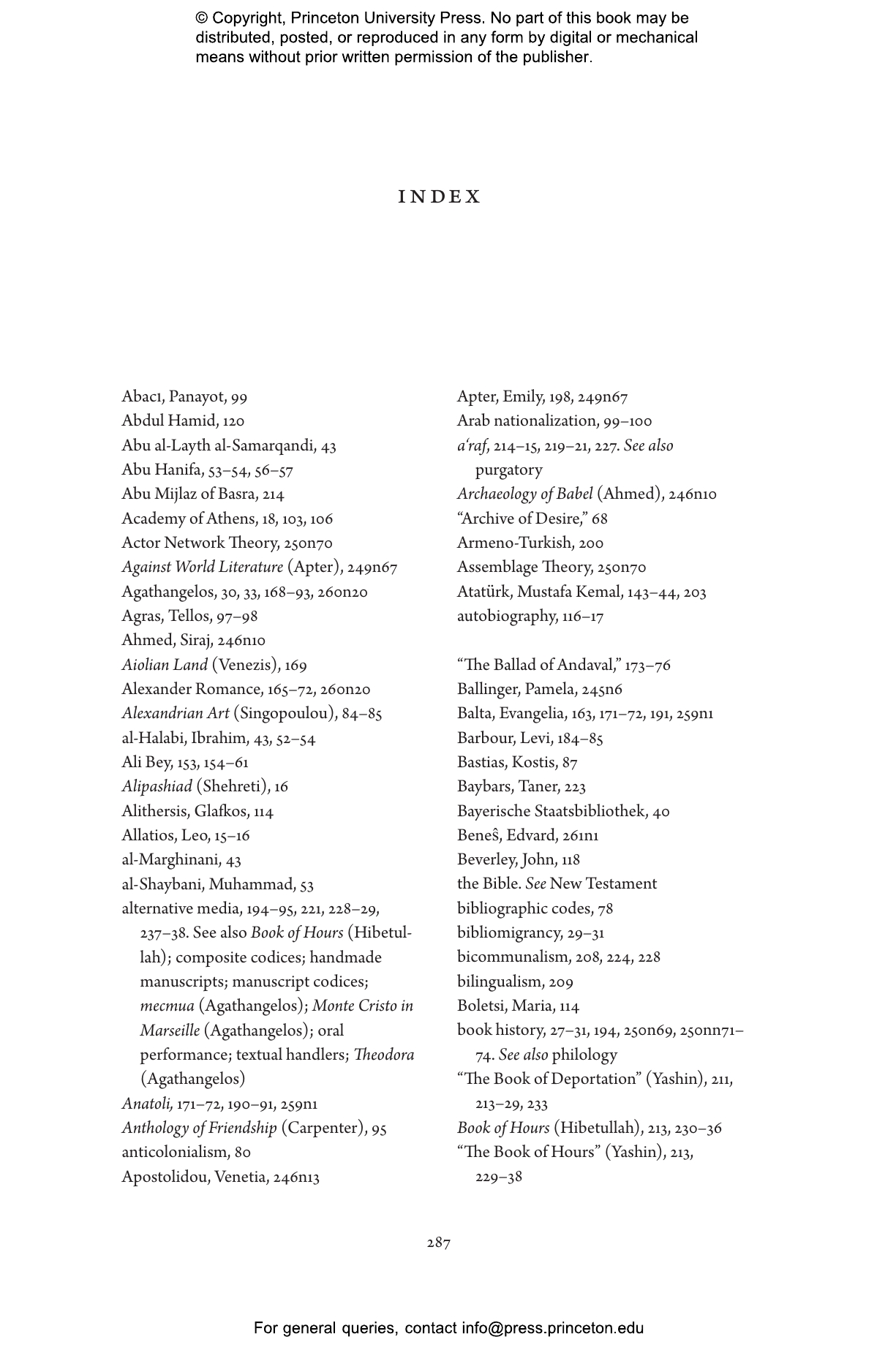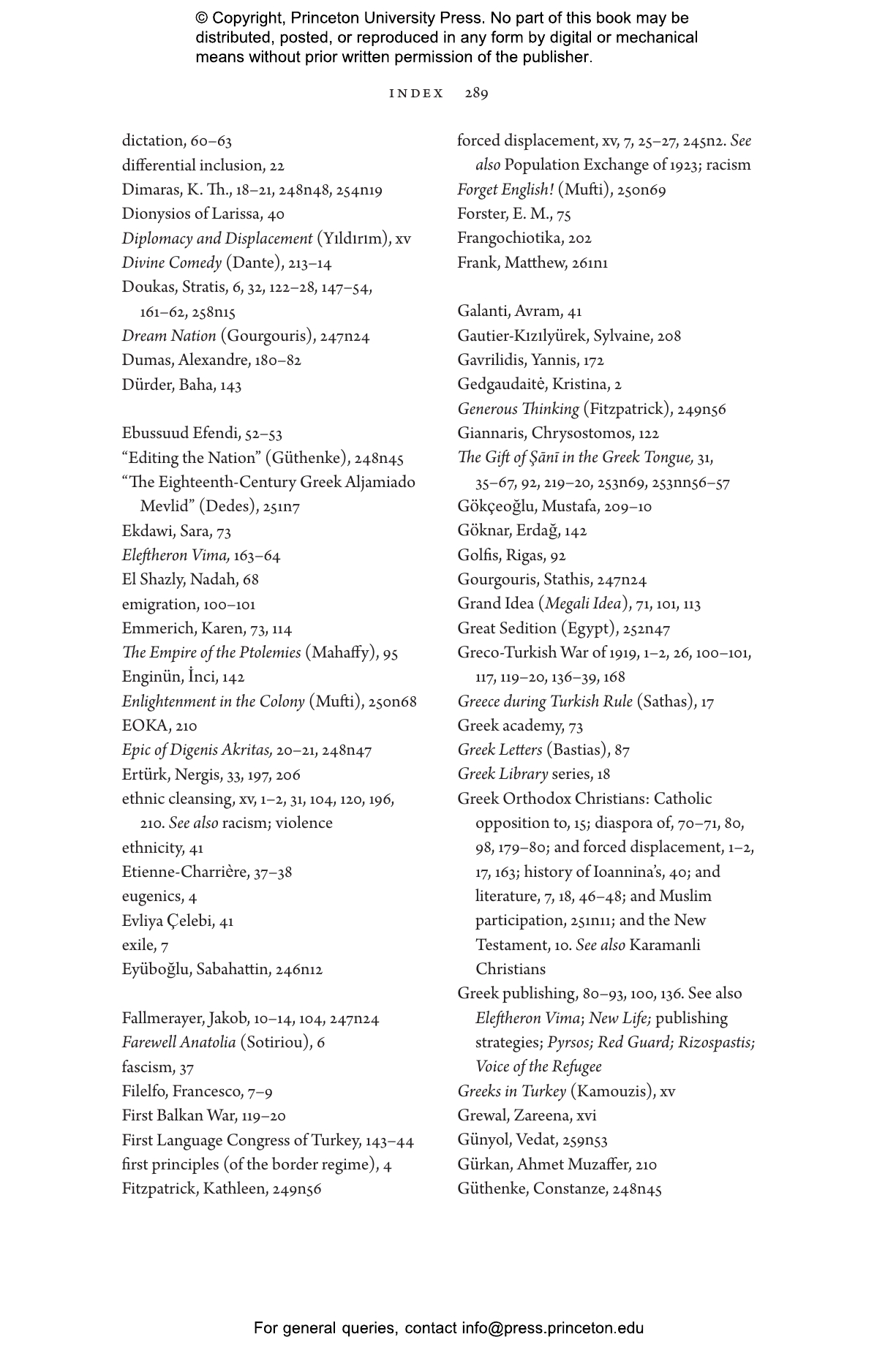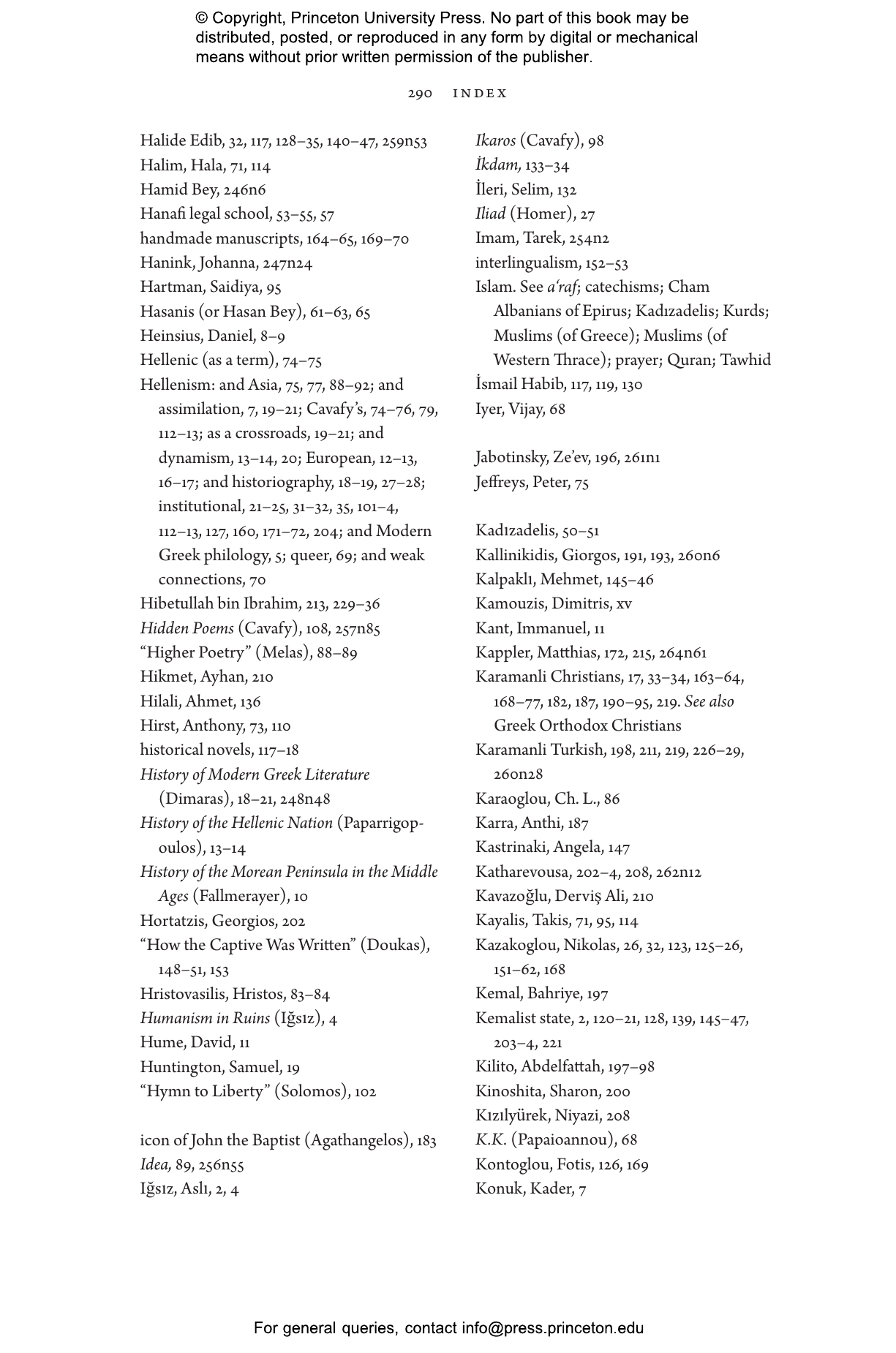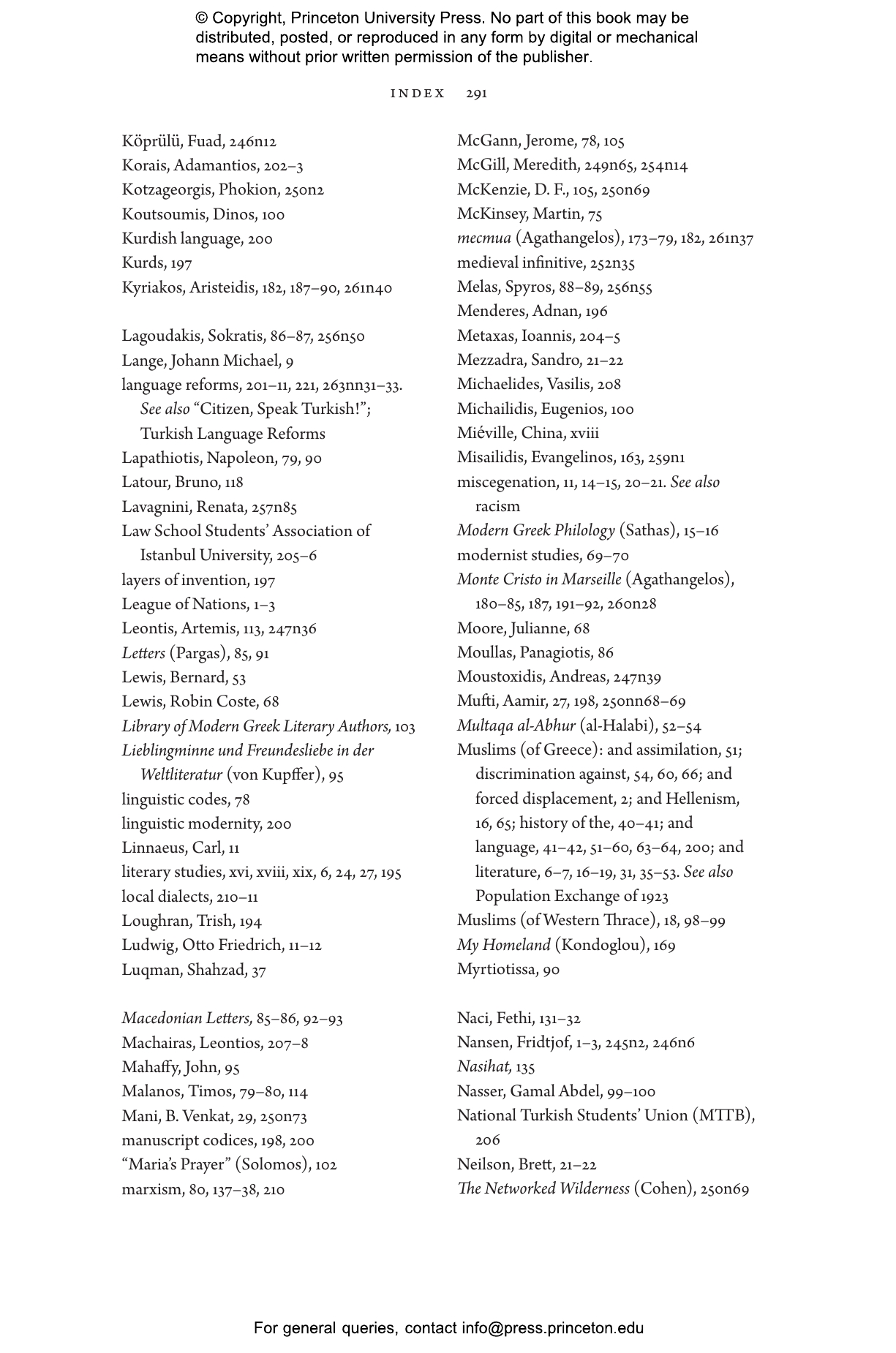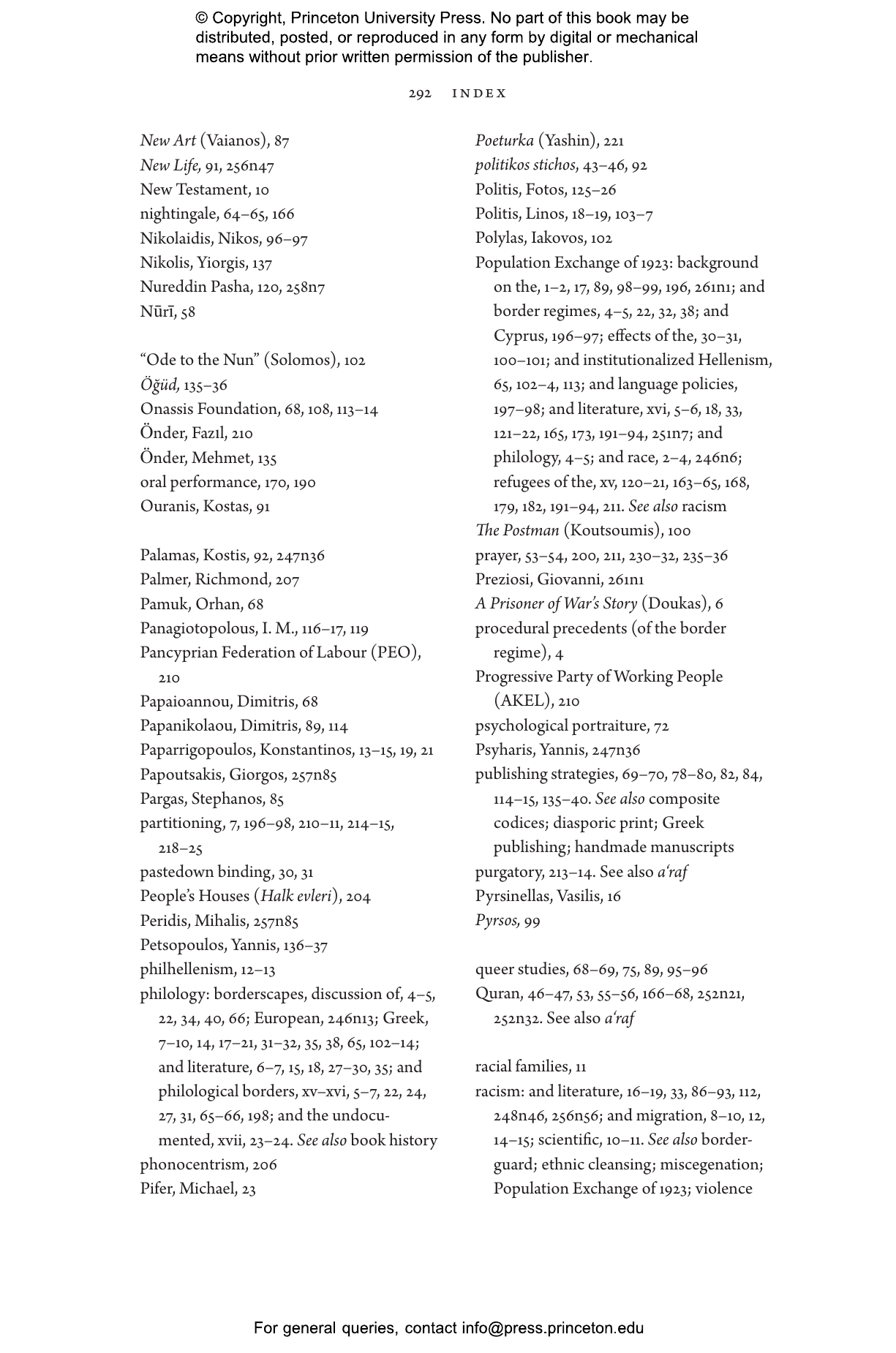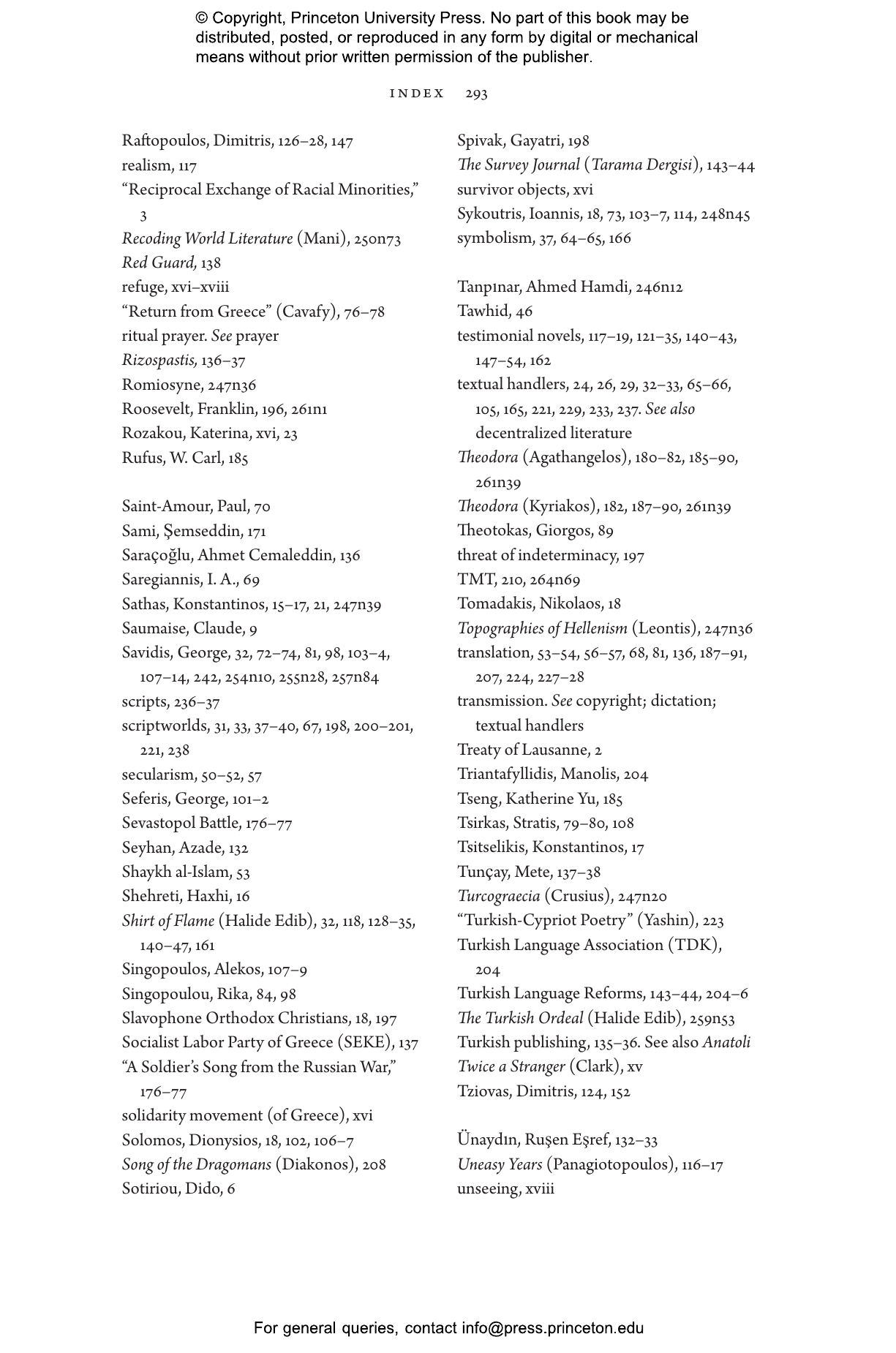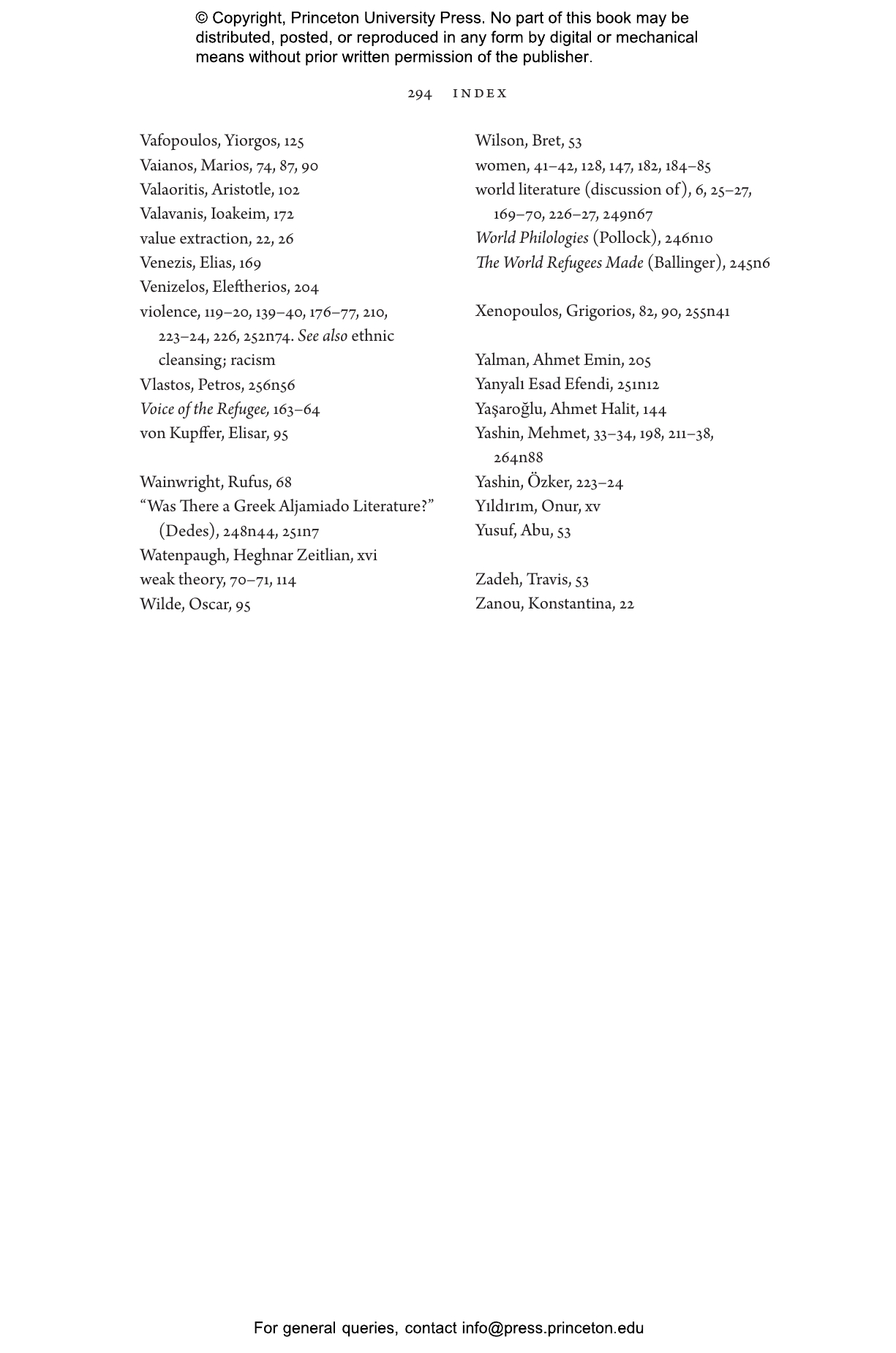In 1923, the Greco-Turkish Population Exchange uprooted and swapped nearly two million Christians and Muslims, “pacifying” the so-called Near East through ethnic partition and refugeehood. This imposition of borders not only uprooted peoples from their place in the world; it also displaced many of their stories from a place in world literature. In Literature’s Refuge, William Stroebel recovers and weaves together work by fugitive writers, oral storytellers, readers, copyists, editors, and translators dispersed by this massive “unmixing” of populations and the broader border logic that it set in motion. Stroebel argues that two complementary forces emerged as a template for the Eastern Mediterranean’s cultural landscape: the modern border, which reshuffled people through a system of filters and checkpoints; and modern philology, which similarly reshuffled their words and works. Philologists and publishers defined modern literature by picking apart, extracting, reformatting, or dispossessing refugee and diasporic texts across a racialized borderscape—a gray zone of semi-inclusion and semi-exclusion, semi-mobility and immobility.
Stroebel reaches into the chinks and crannies of this borderscape to reconstitute the rich textual geography between Greek Orthodoxy and Sunni Islam, between Greek-script, Arabic-script, and Latin-script literary traditions at the edges of Europe and the Middle East. Doing so, he offers a new methodological toolkit for rewriting the modern borderscapes of world literature.
William Stroebel is assistant professor of modern Greek and comparative literature at the University of Michigan.
“In Literature’s Refuge, William Stroebel charts the ‘fraught geography of wayward words and alphabets’ that persisted after the ethnic and linguistic cleansing of modern Greece and Turkey. Drawing on a range of figures from the world-renowned C. P. Cavafy to forgotten, suppressed, and never-published writers, Stroebel’s riveting account should be read by anyone interested in thinking freshly about national literatures, world literature, and the very nature of writing in a migratory age.”—David Damrosch, author of Comparing the Literatures: Literary Studies in a Global Age
“Literature’s Refuge is an absolute tour de force. Meticulously researched, written with precision and grace, and engaging with an impressive range of languages, scripts, and media, it takes aim at some of the core assumptions that structure ethnonational, monolingual literary canons in the Eastern Mediterranean. It also draws our attention—thoughtfully and generously—to certain methodological blind spots in the field of comparative literature and in literary studies writ large. Stroebel implicitly invites us all to reexamine the bordering practices in which we often engage in our writing, reading, teaching, and citation practices."—Karen Emmerich, Princeton University
“Intellectually exciting and a pleasure to read, Stroebel’s book traces a complex geography of texts and their human handlers between Greece and its oriental ‘others.’ In doing so it unearths an entire intellectual and material borderscape that was lost between Europe and the Middle East, between two racialized regions and indeed two civilizations. By honoring the literature of the excluded and the marginal, the linguistic outcasts, and the dispossessed, Stroebel asks anew two fundamental questions: What is literature? And what is Greek?”—Konstantina Zanou, Columbia University
“This book makes a groundbreaking contribution to the fields of world literature, comparative literature, critical migration/refugee studies, and modern Greek and Turkish studies, as it proposes a highly original reframing and radical rethinking of central premises in some of these fields. With an impressively thorough knowledge of Greek and Turkish and the institutional and philological traditions of both countries, Stroebel is in a unique position to carry out this study of the interstices of these border regimes.”—Maria Boletsi, University of Amsterdam and Leiden University



